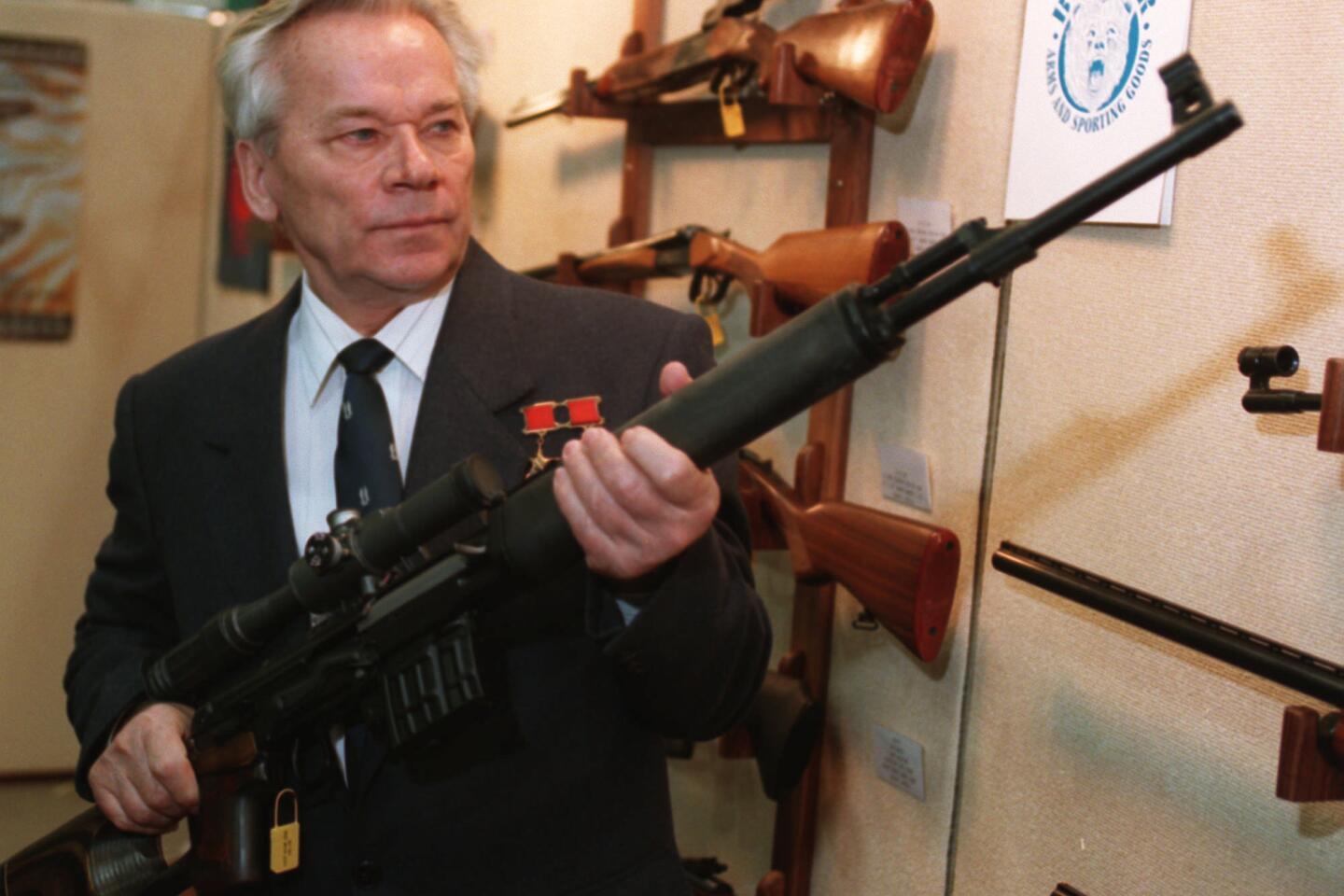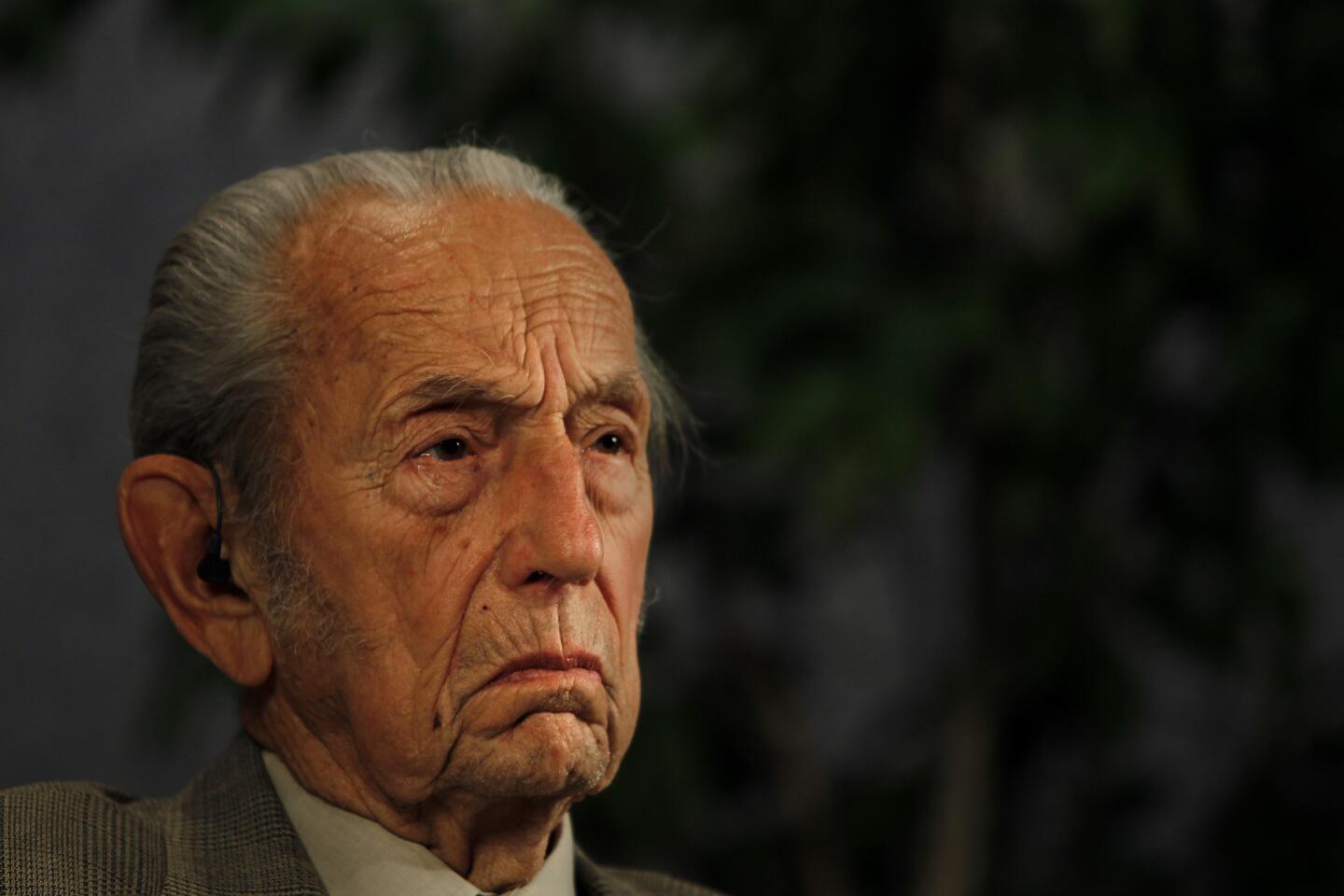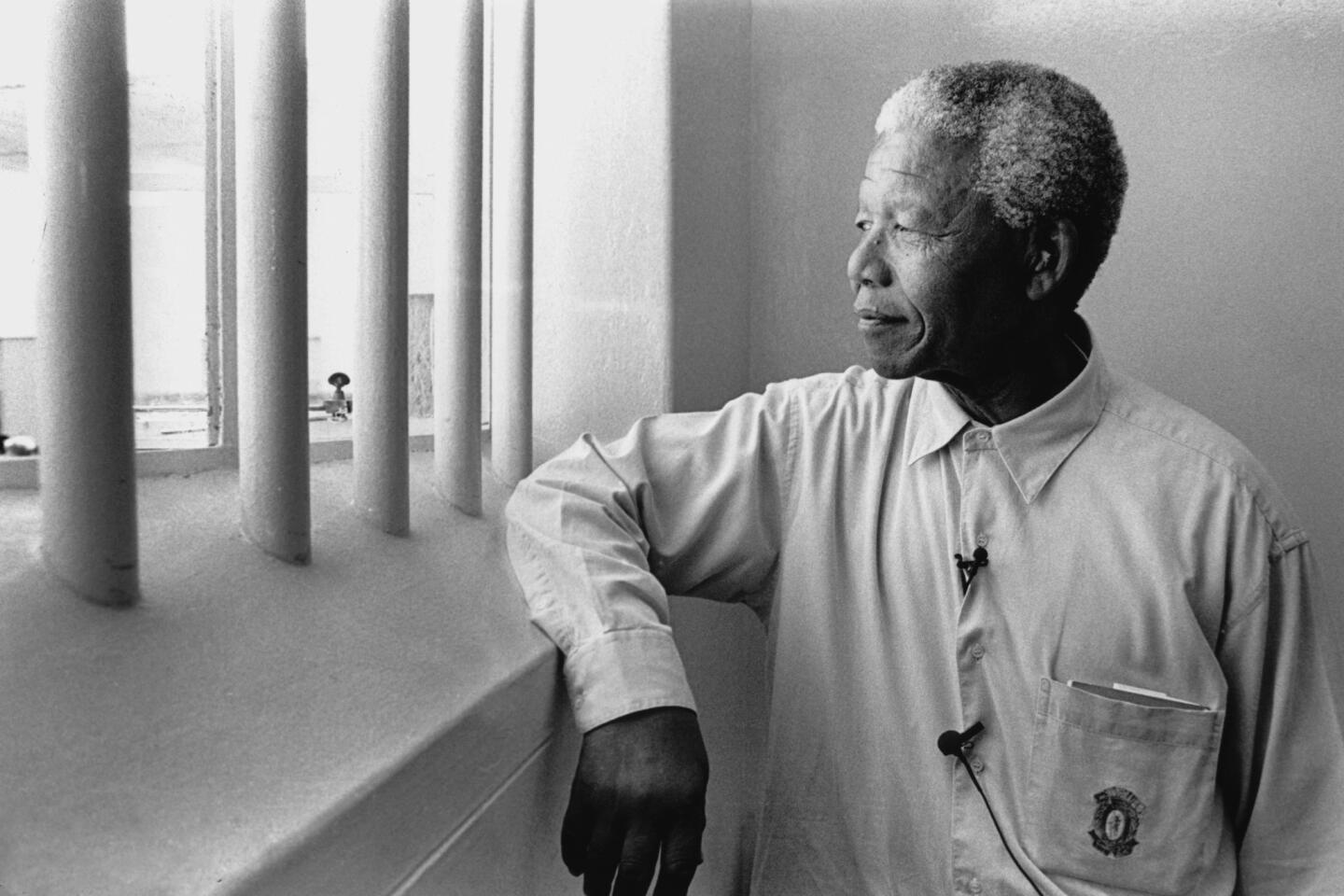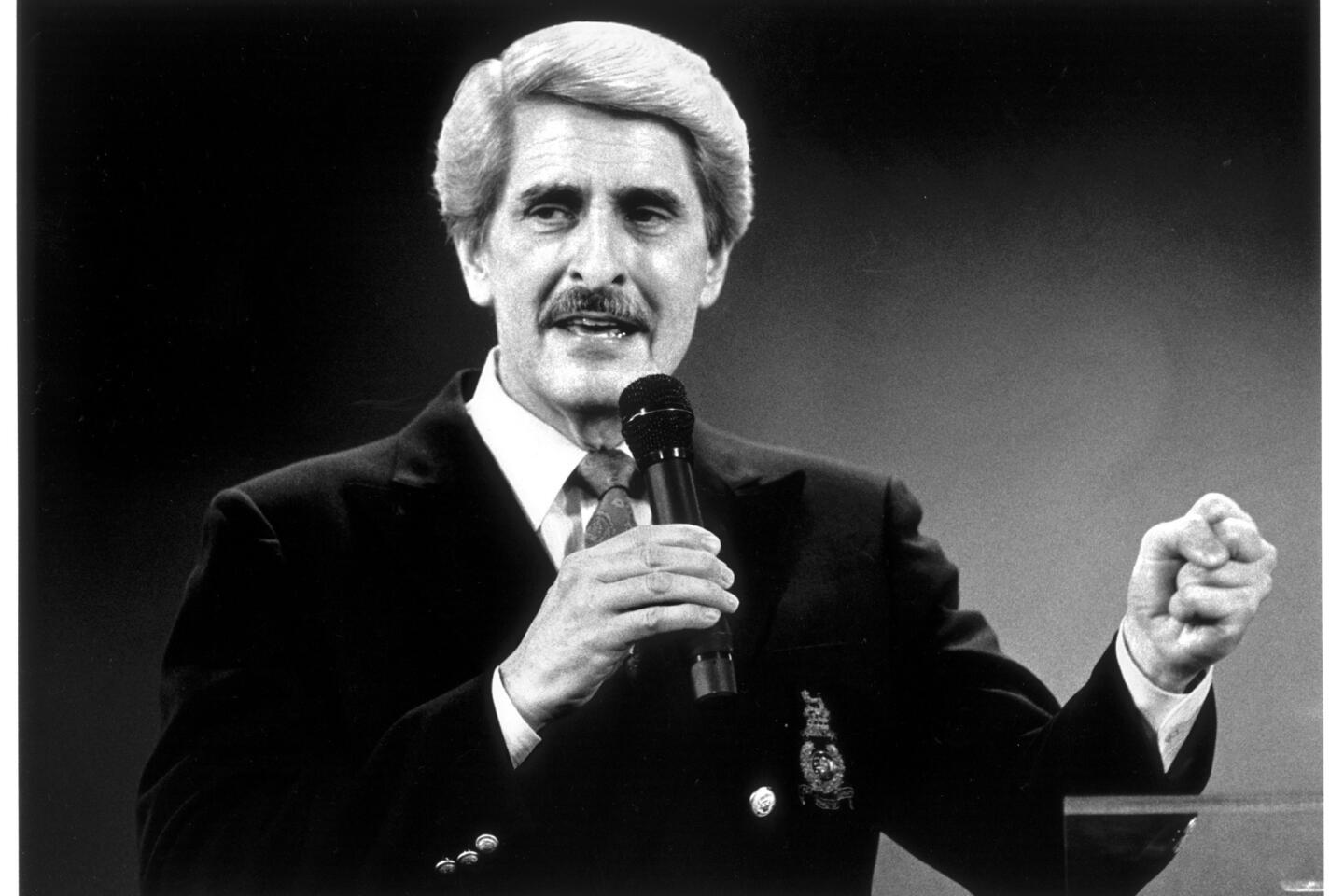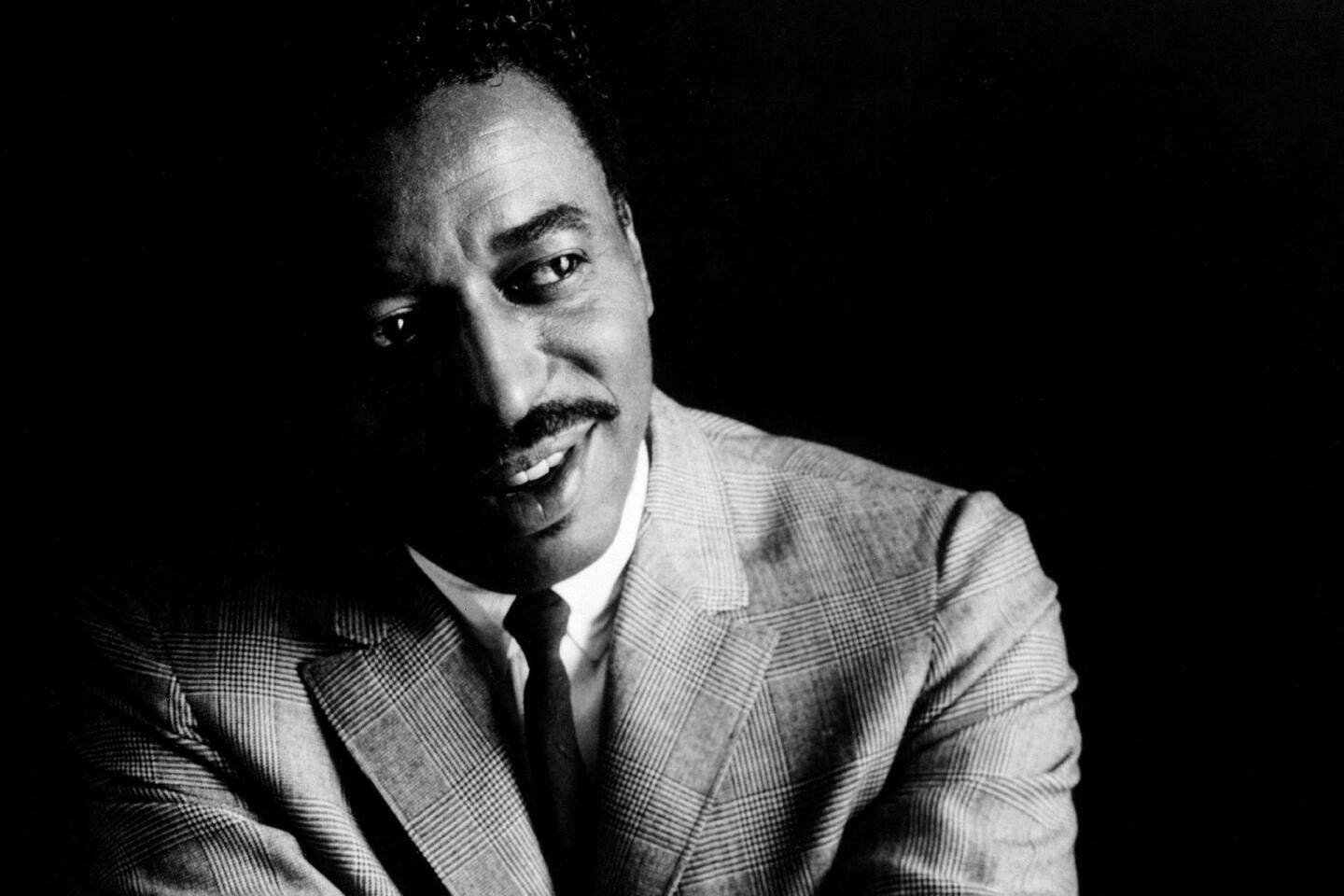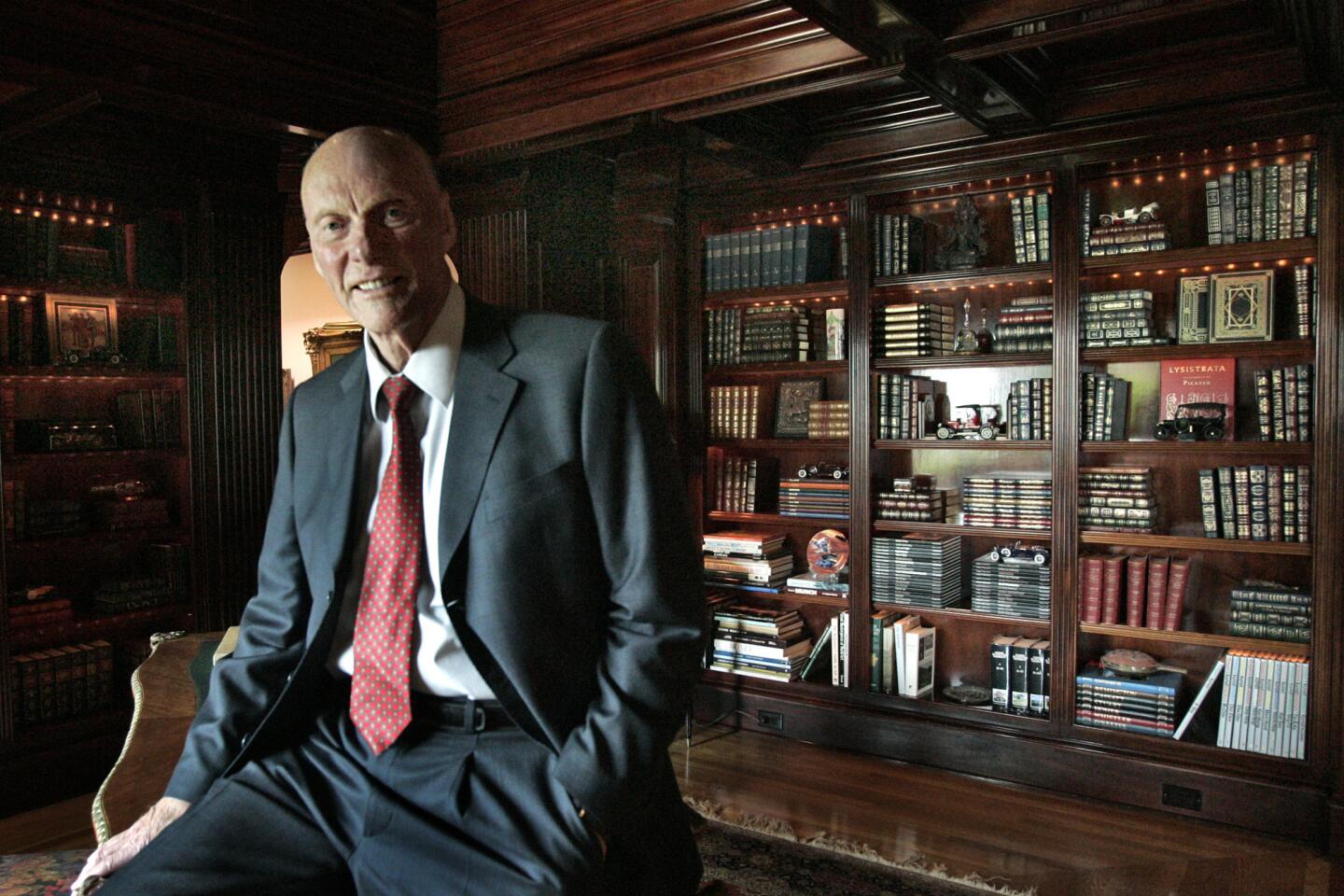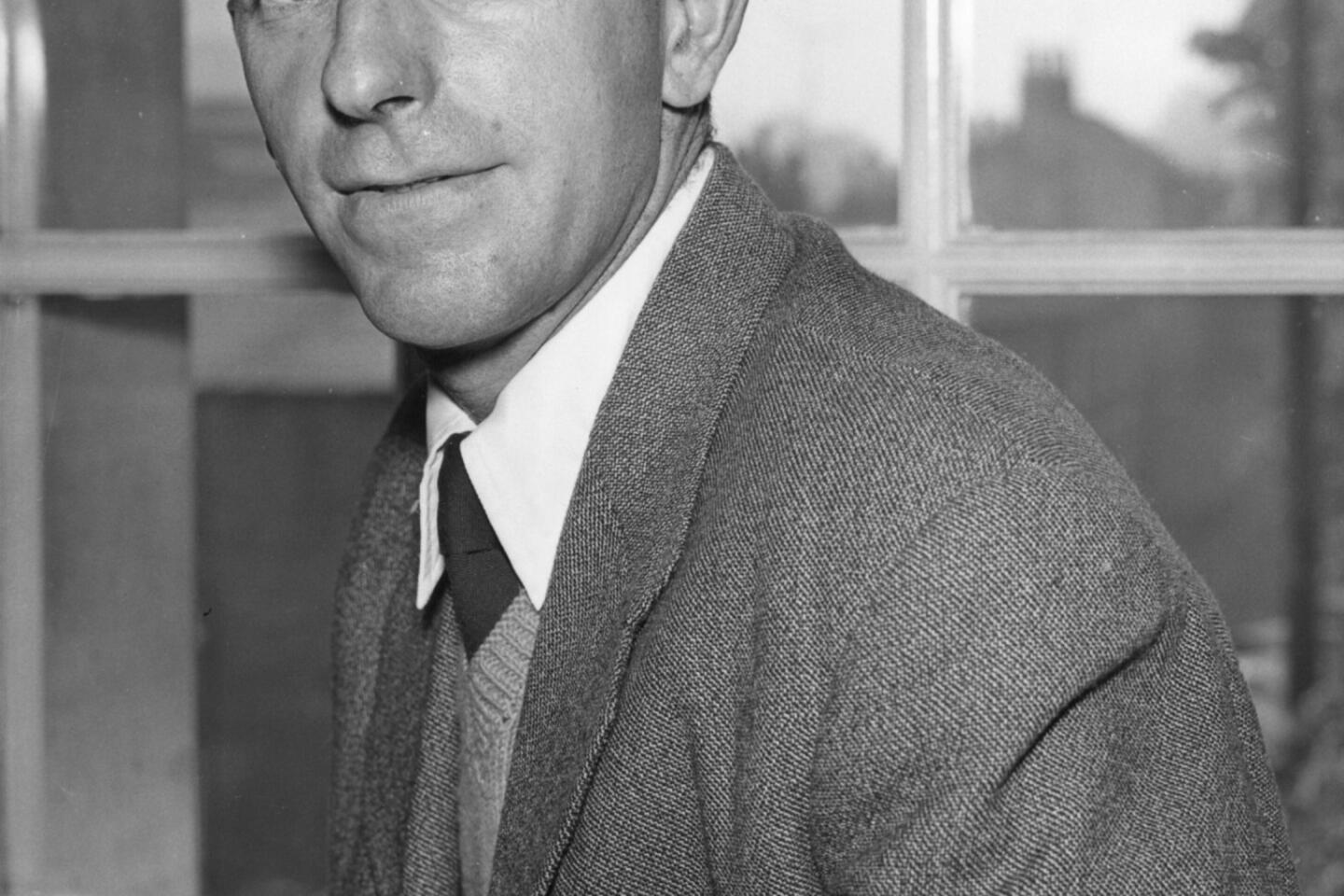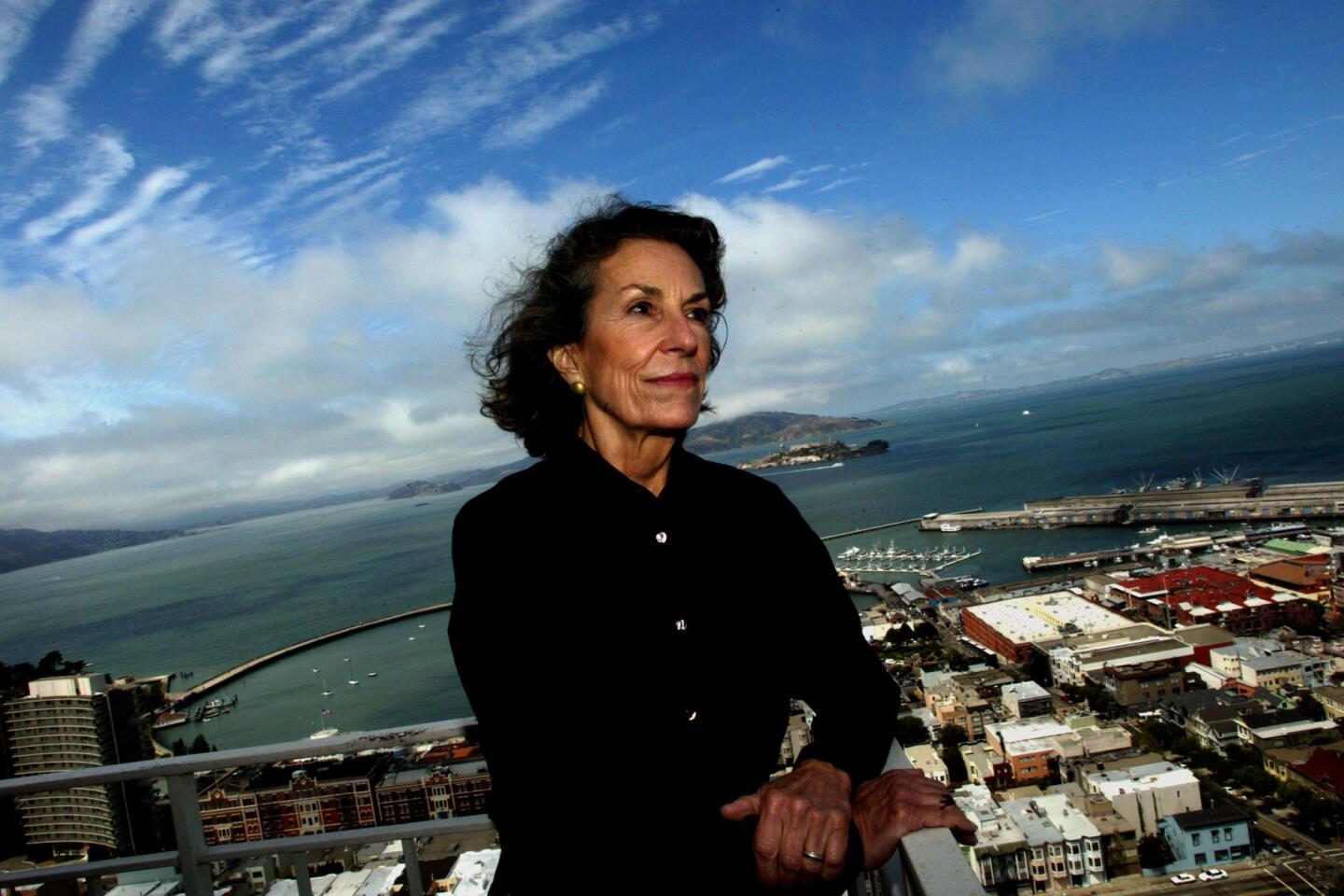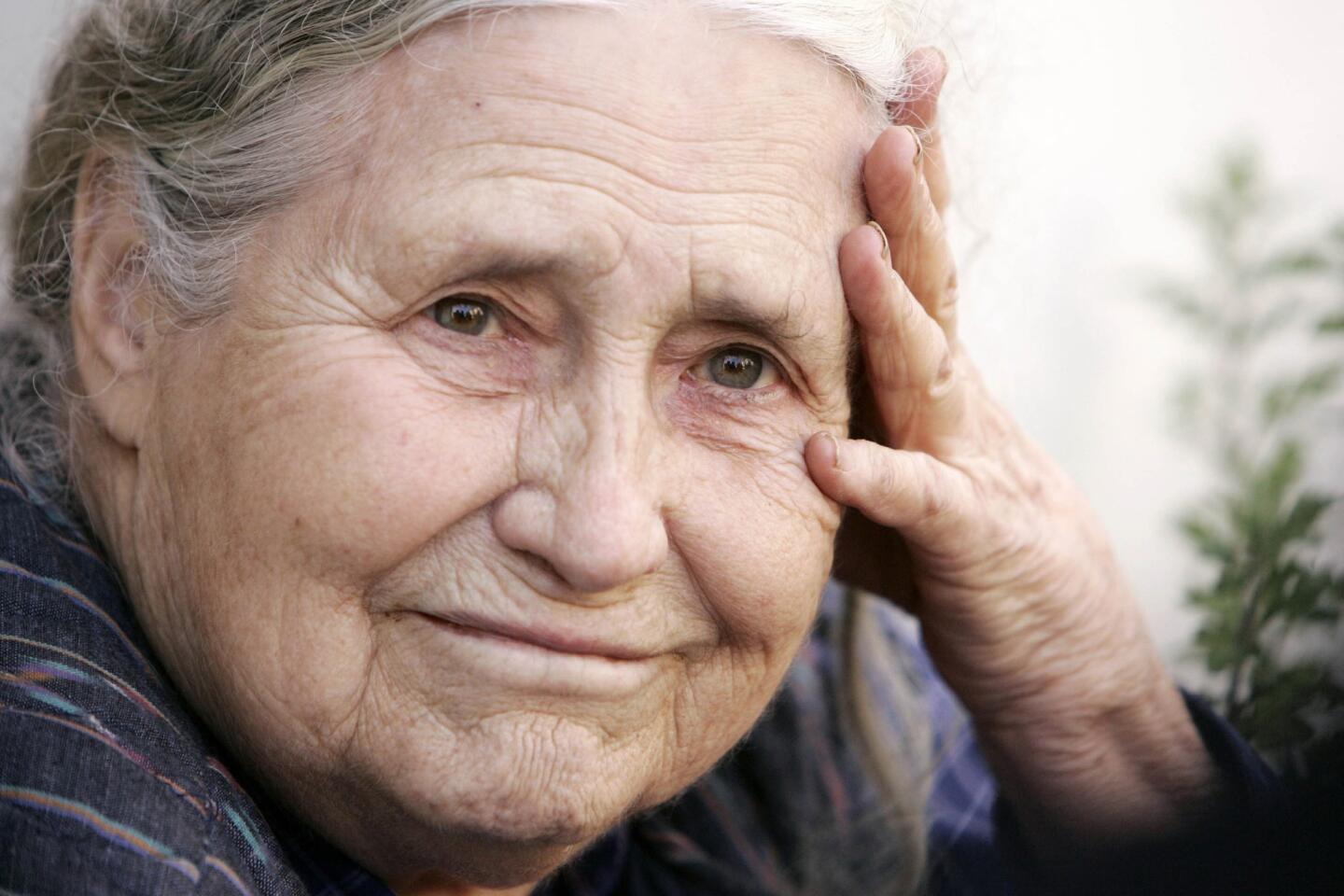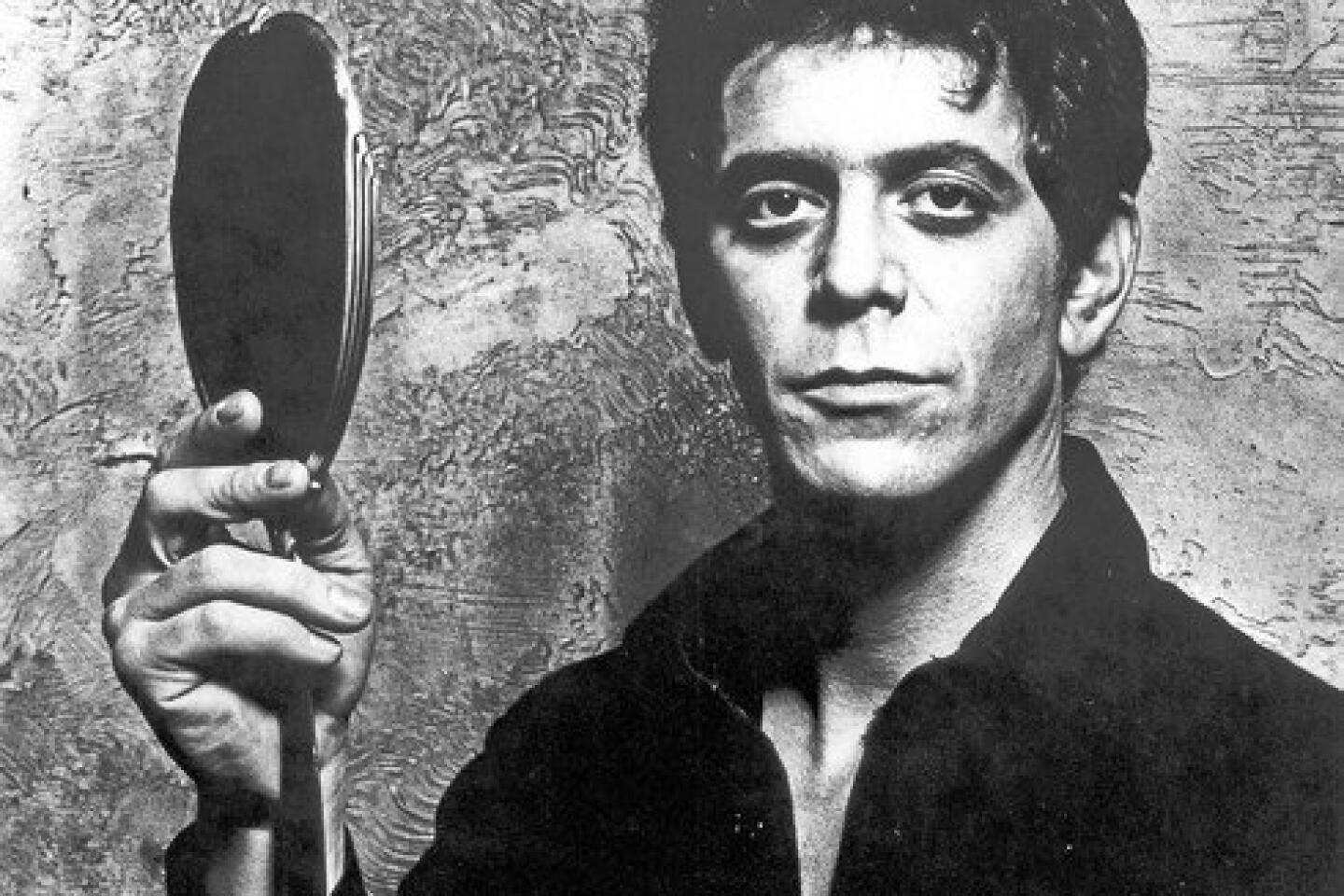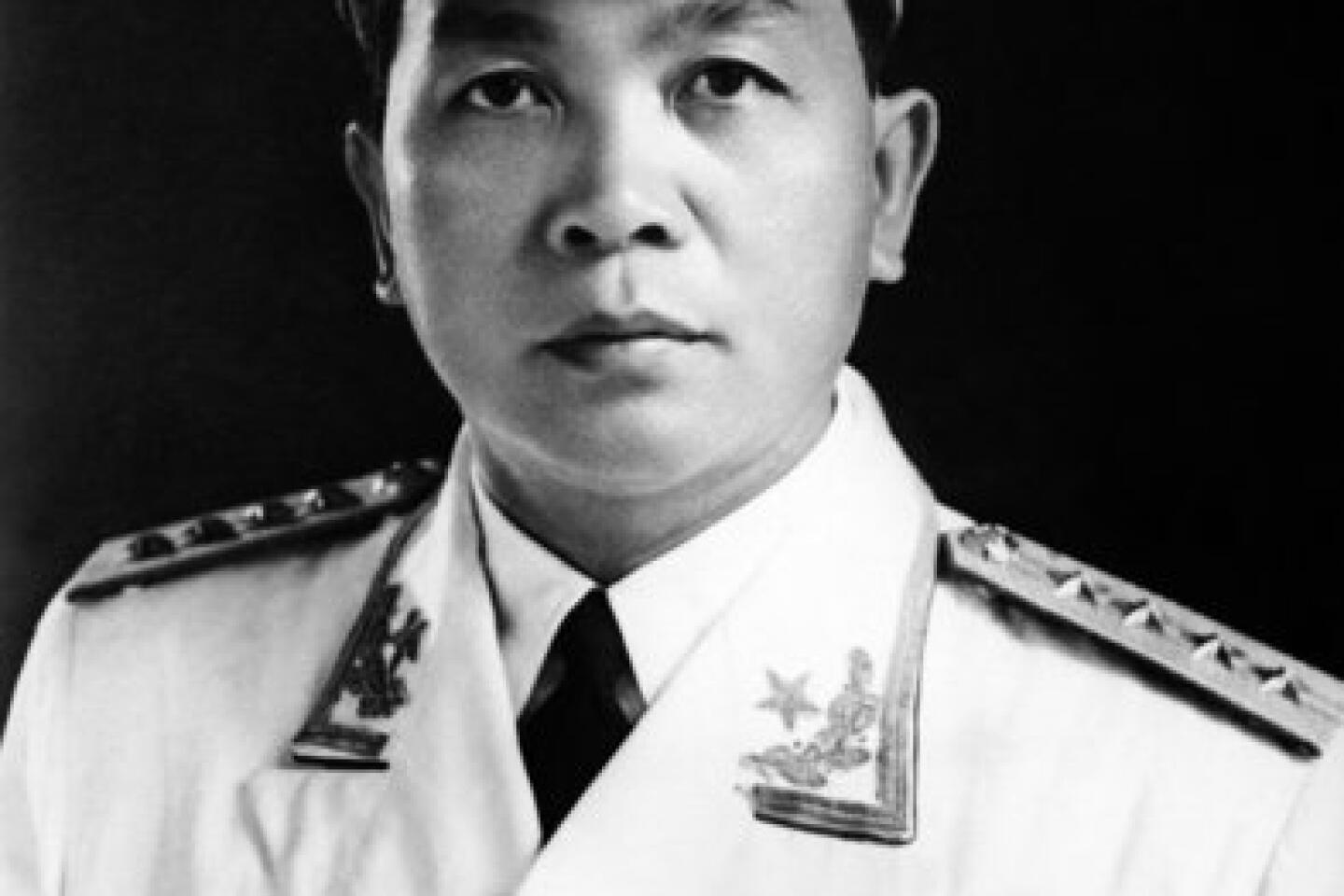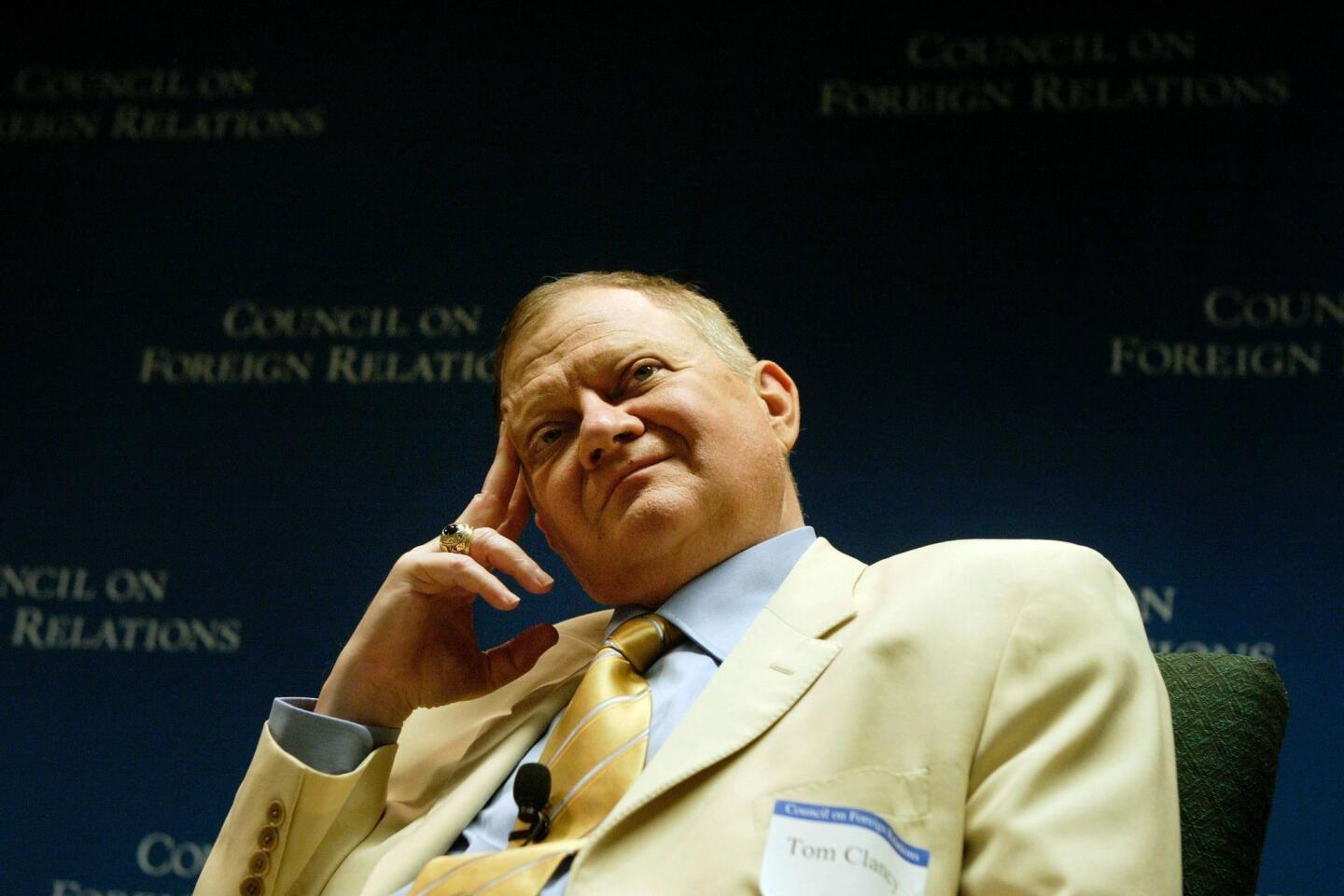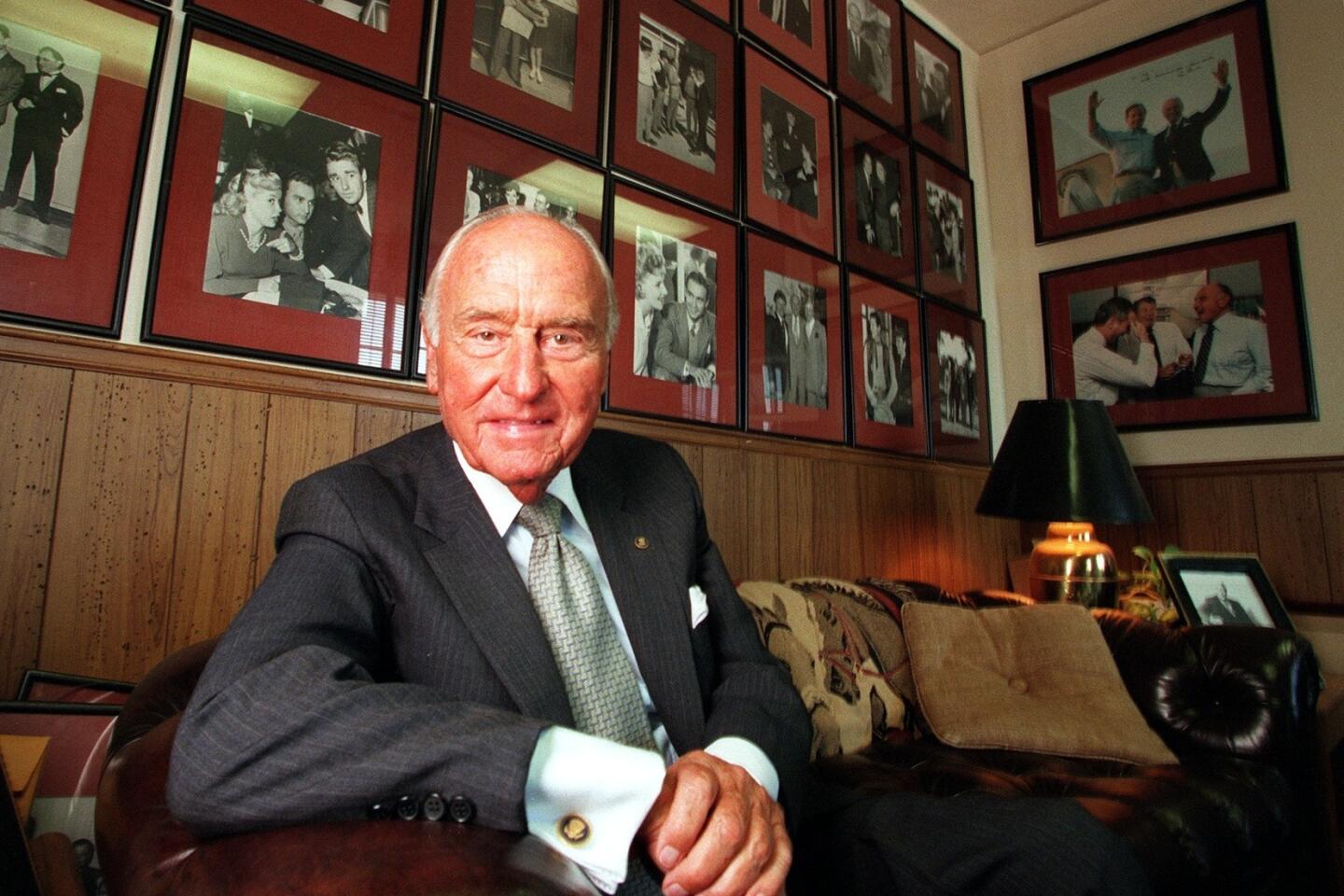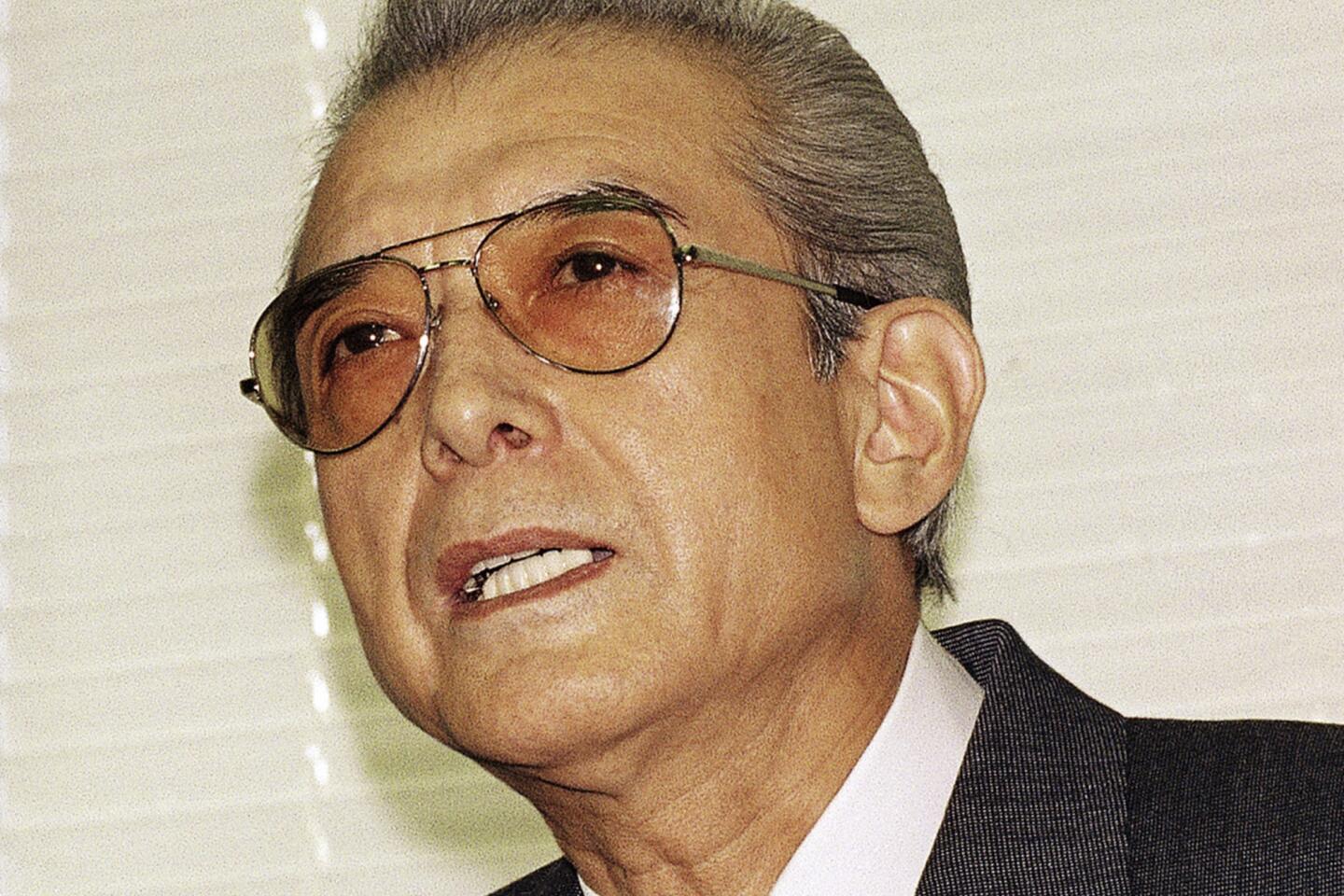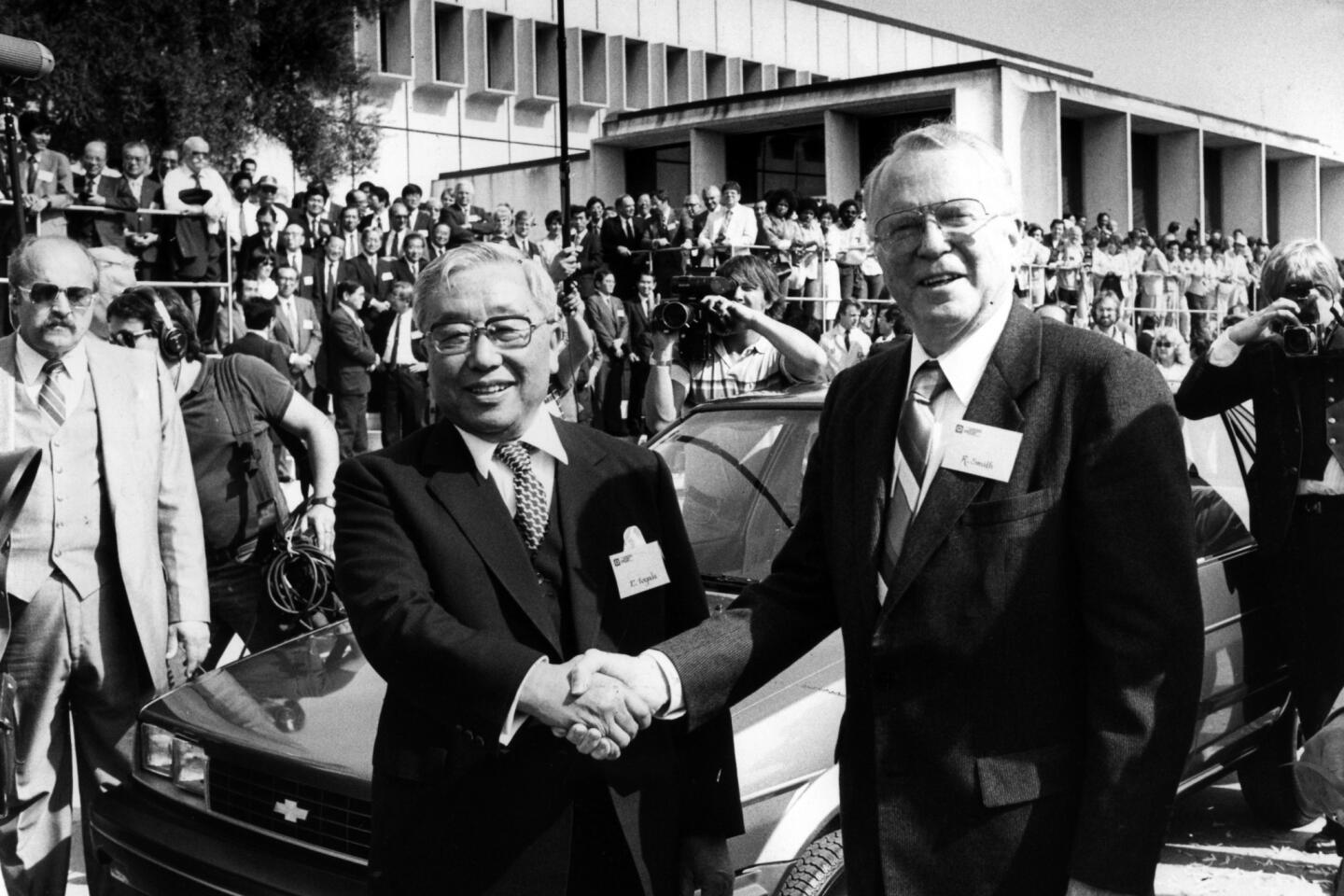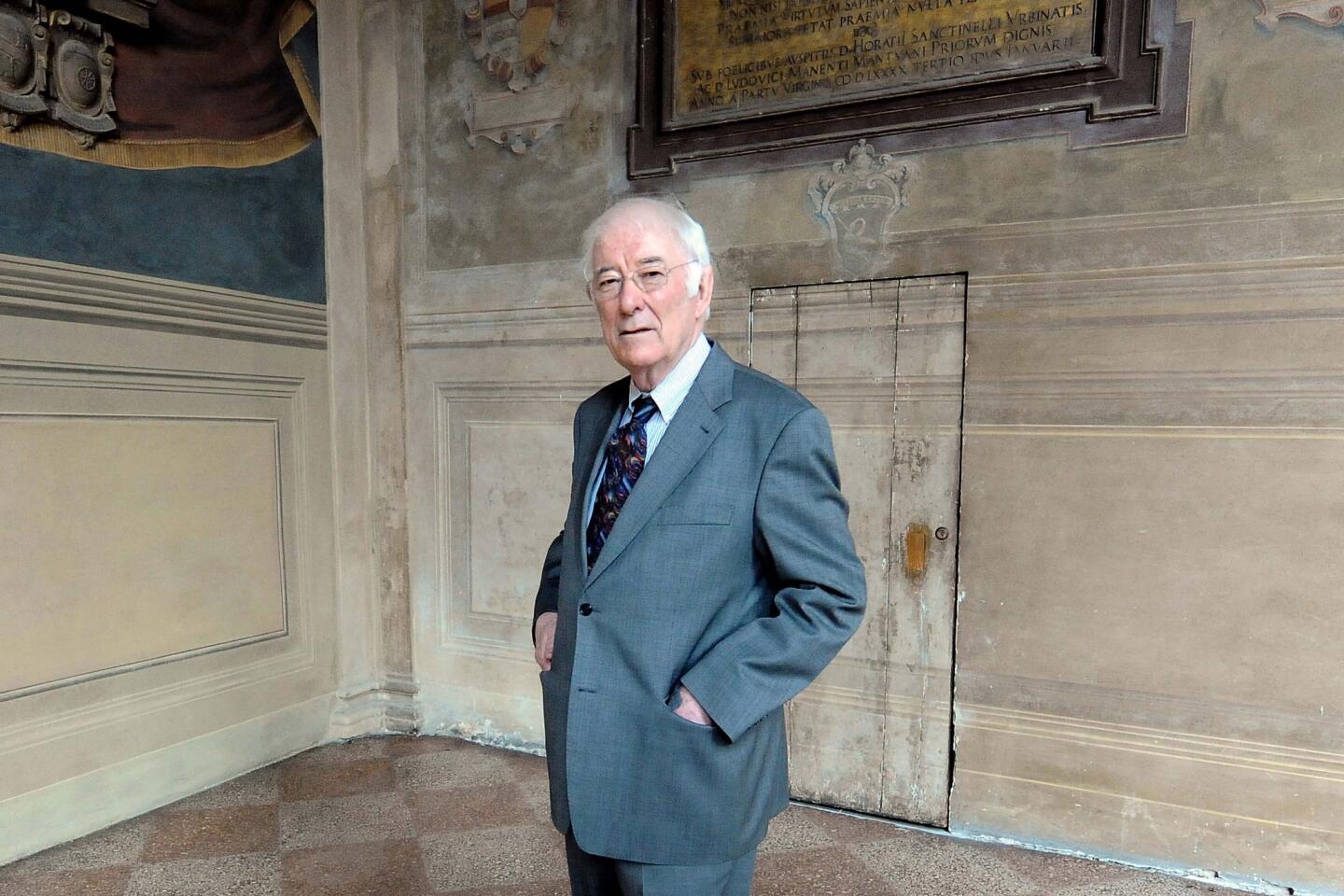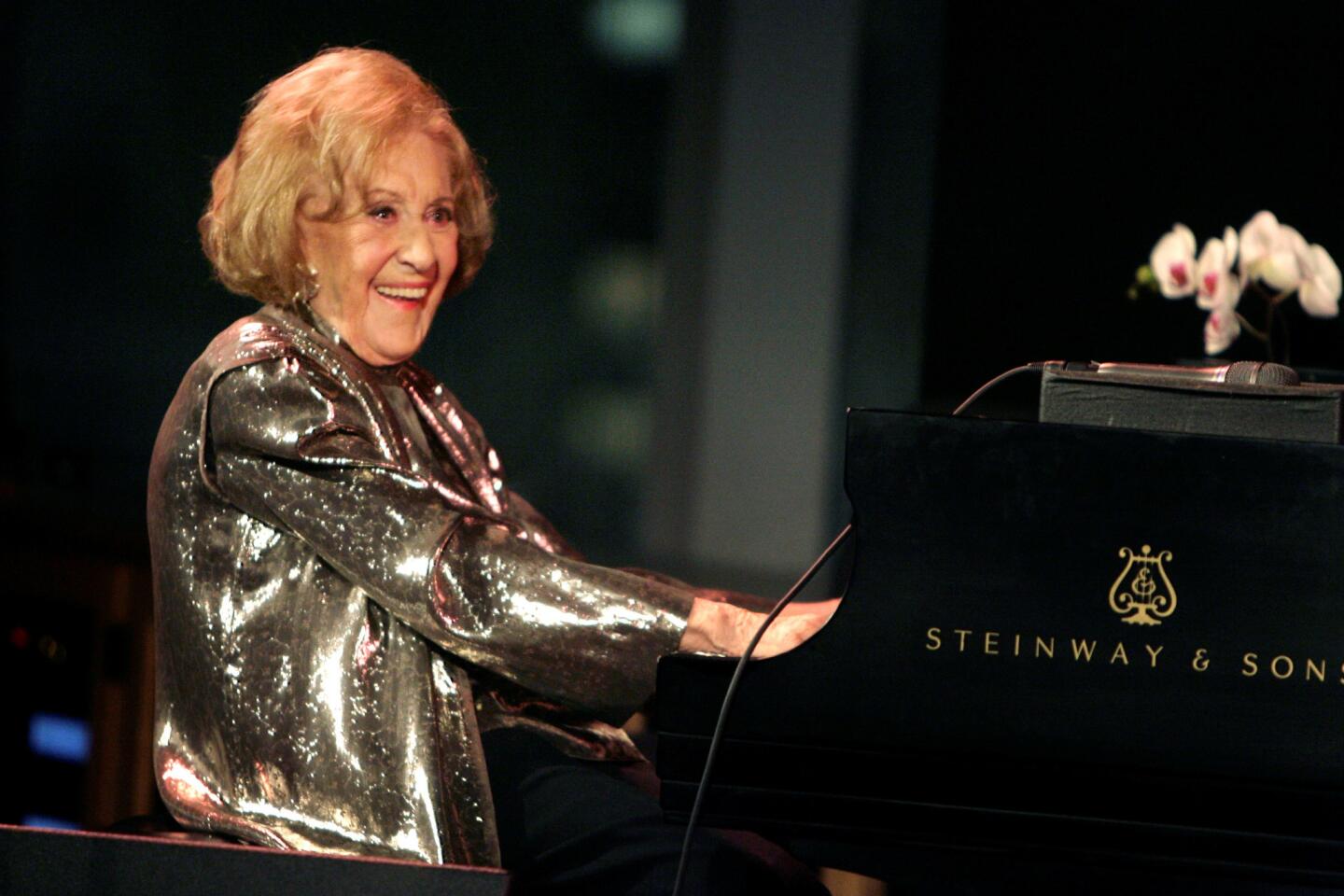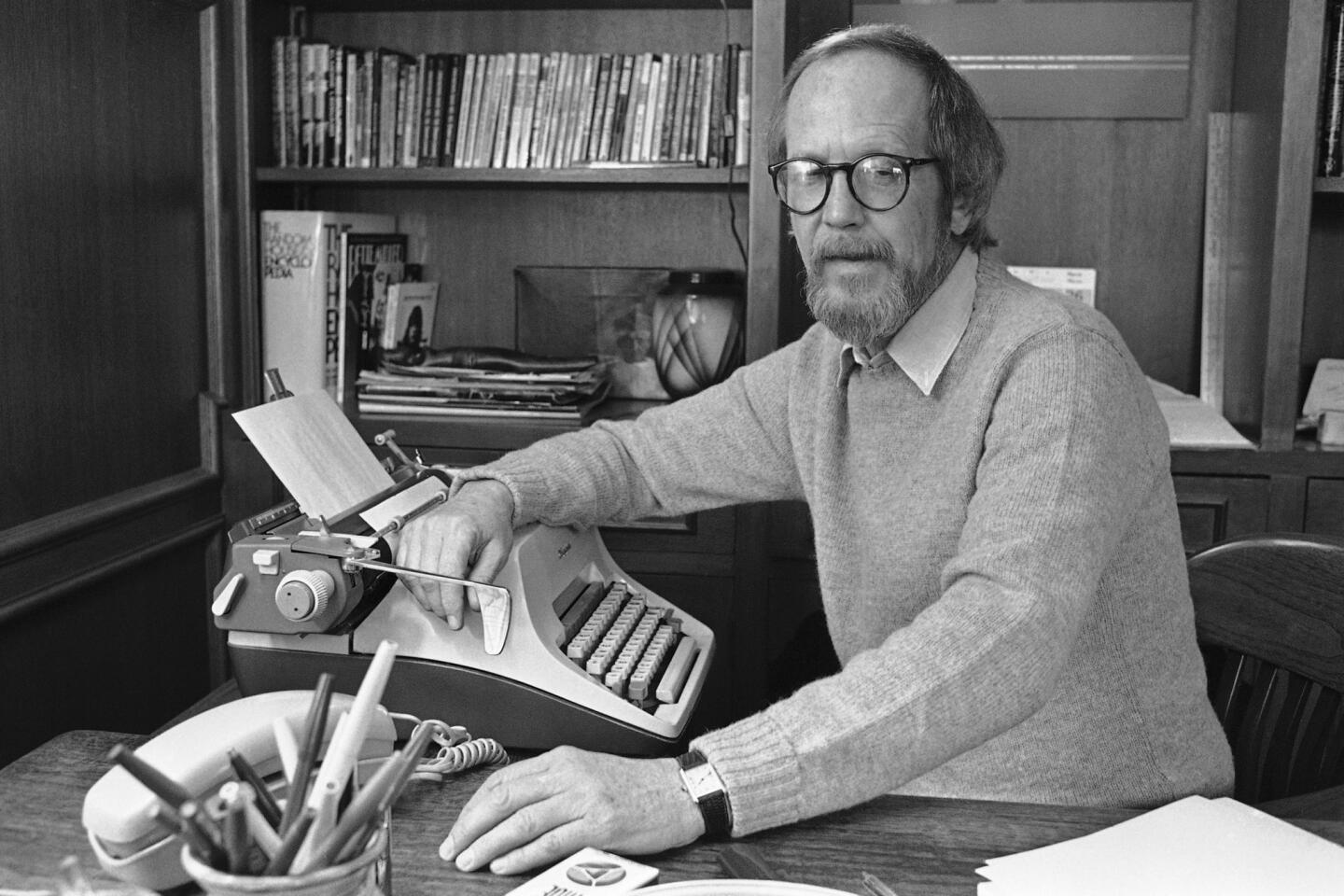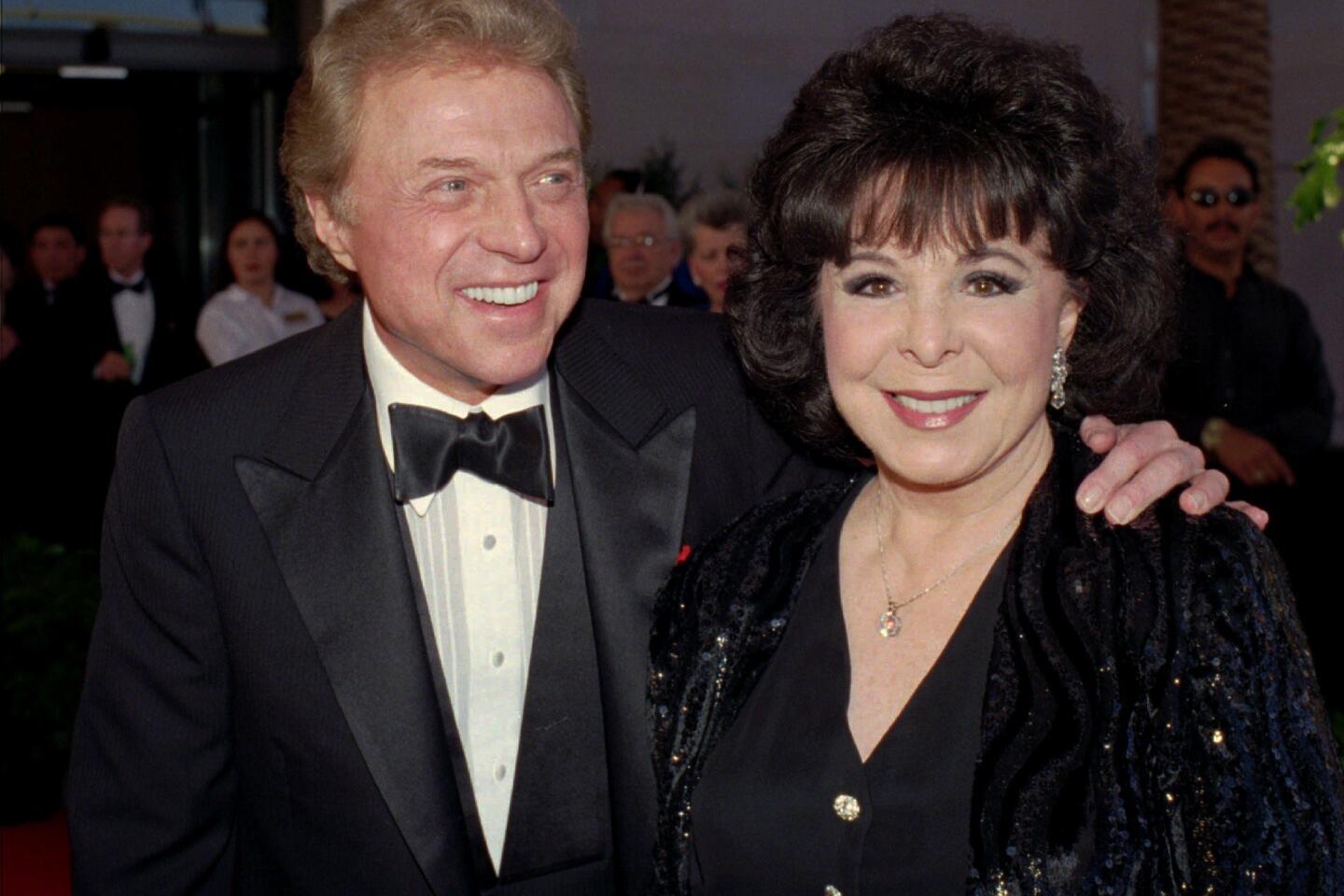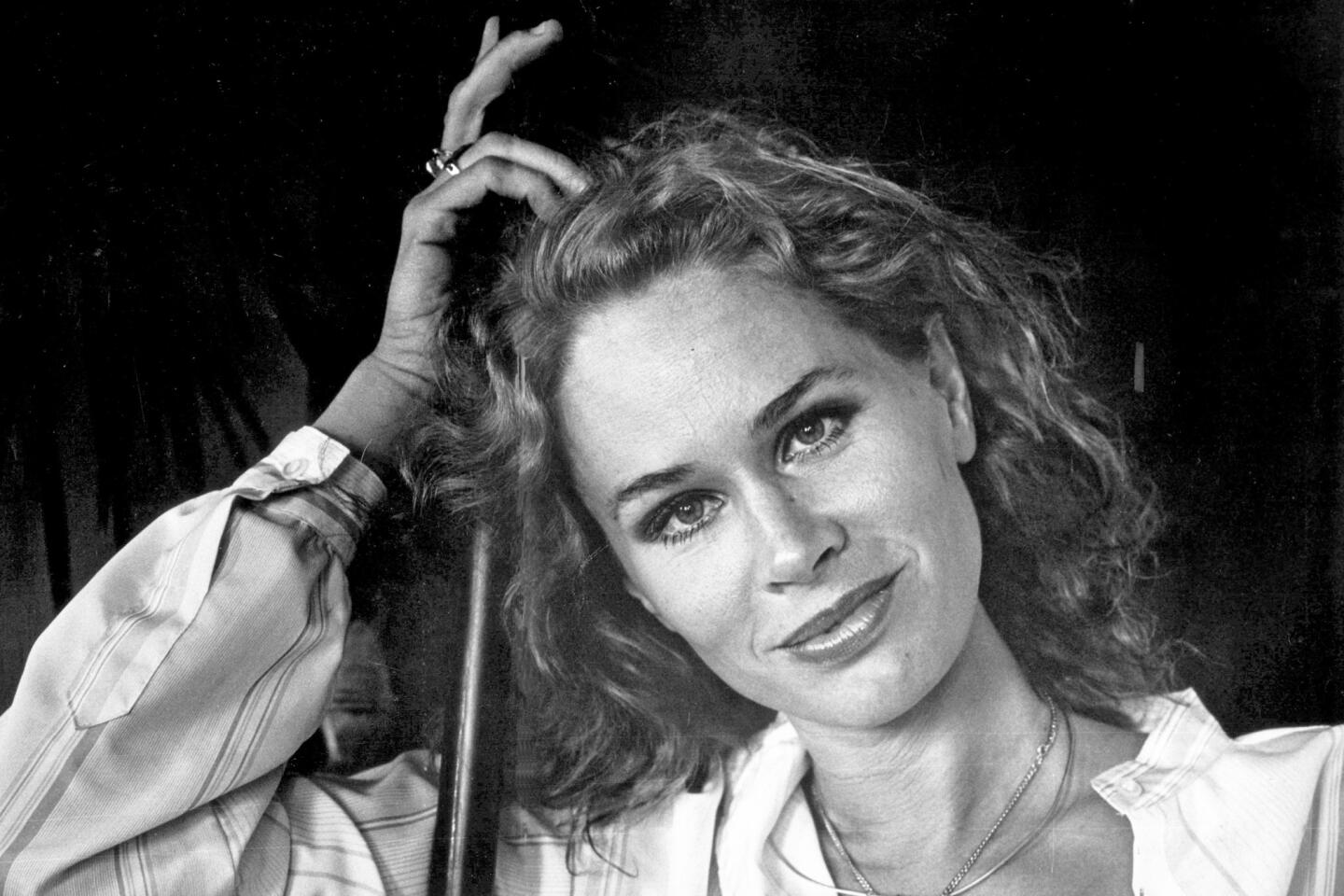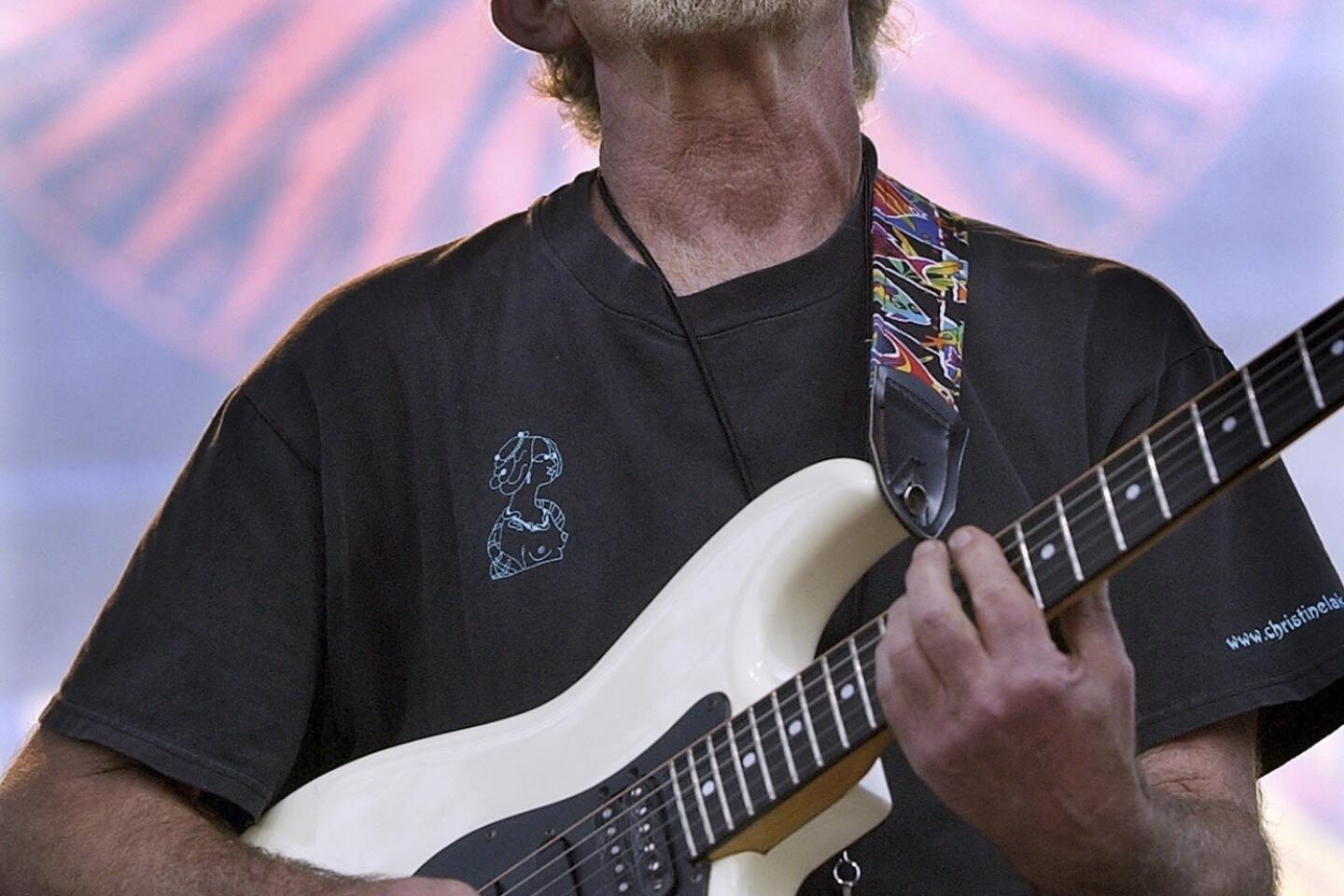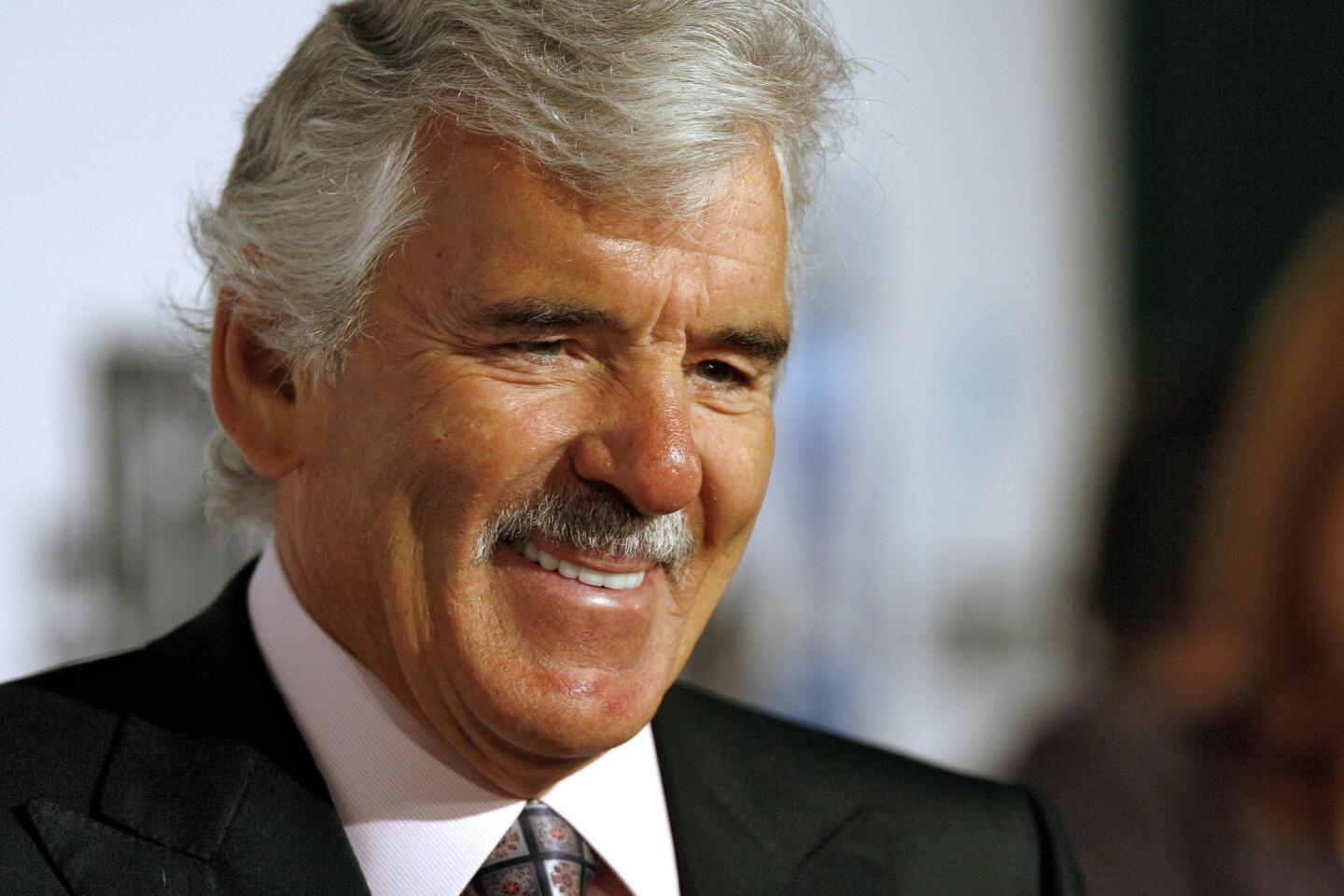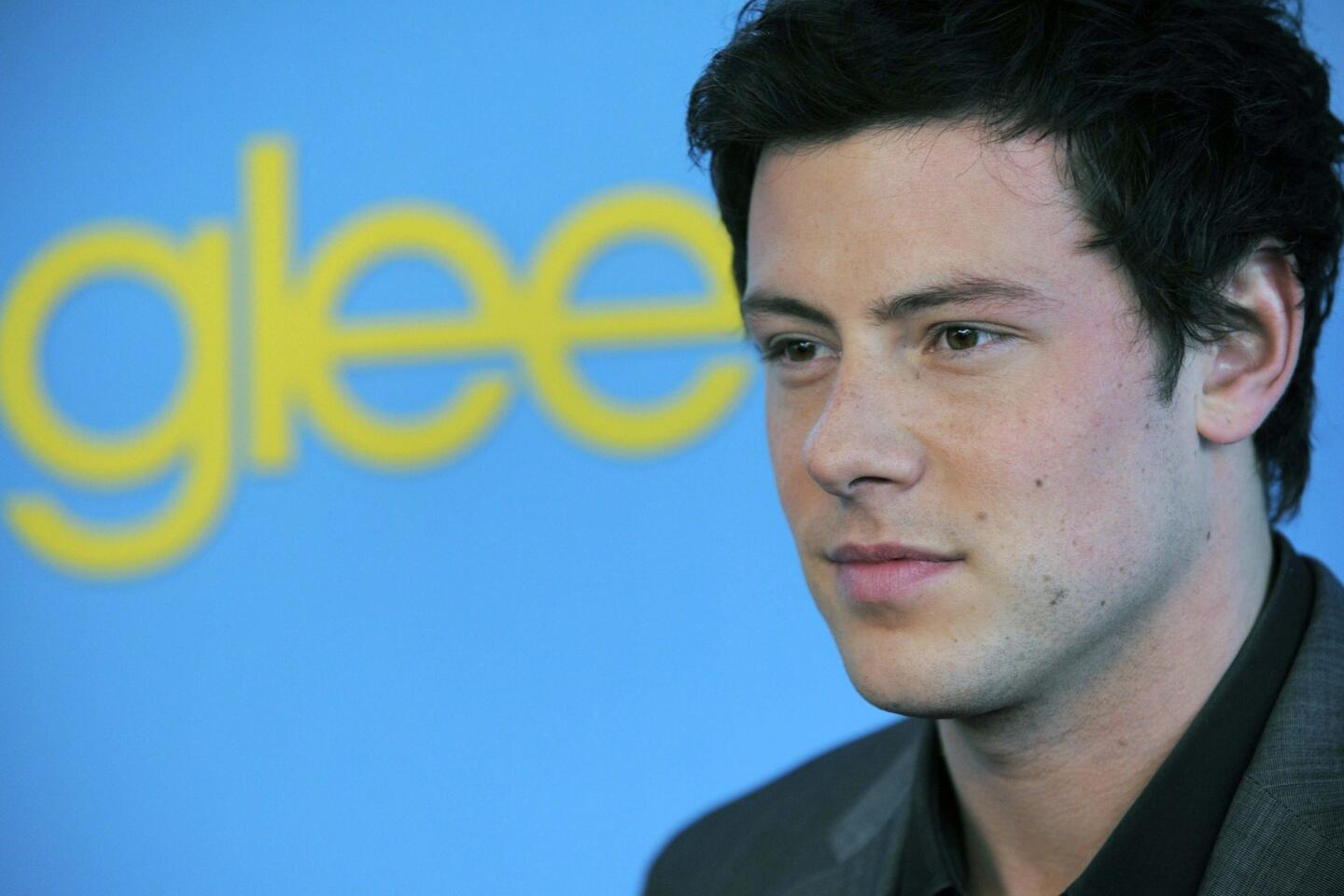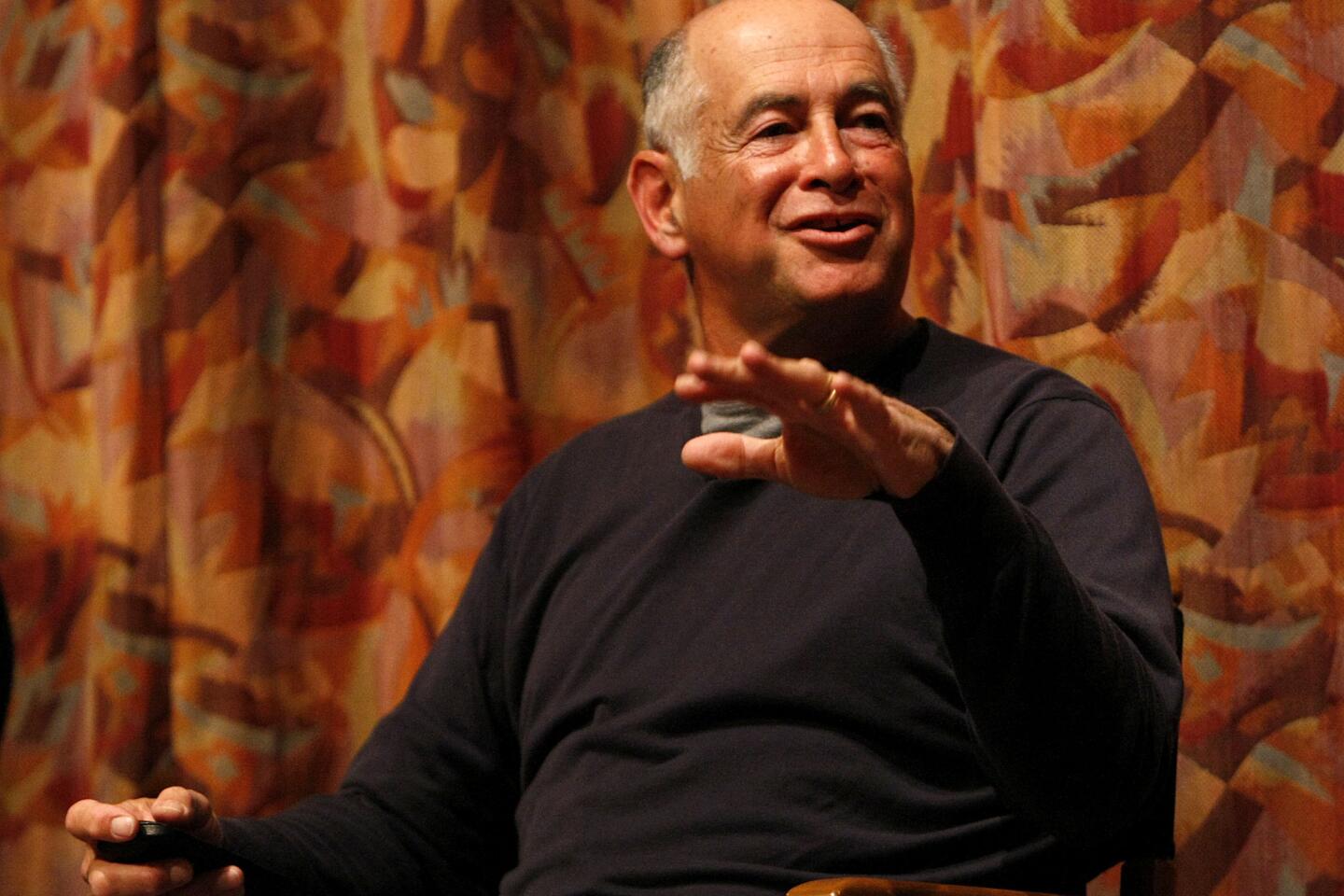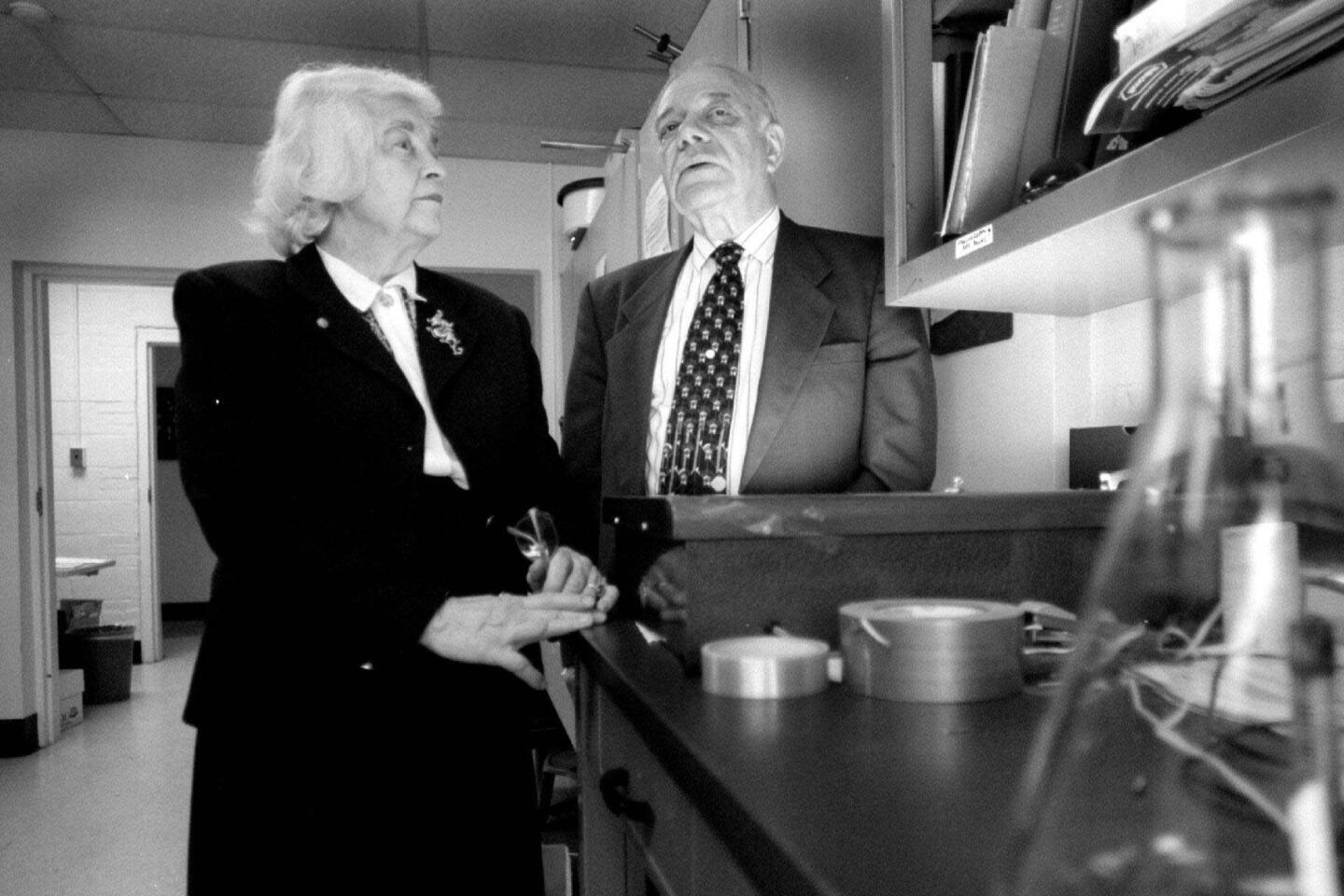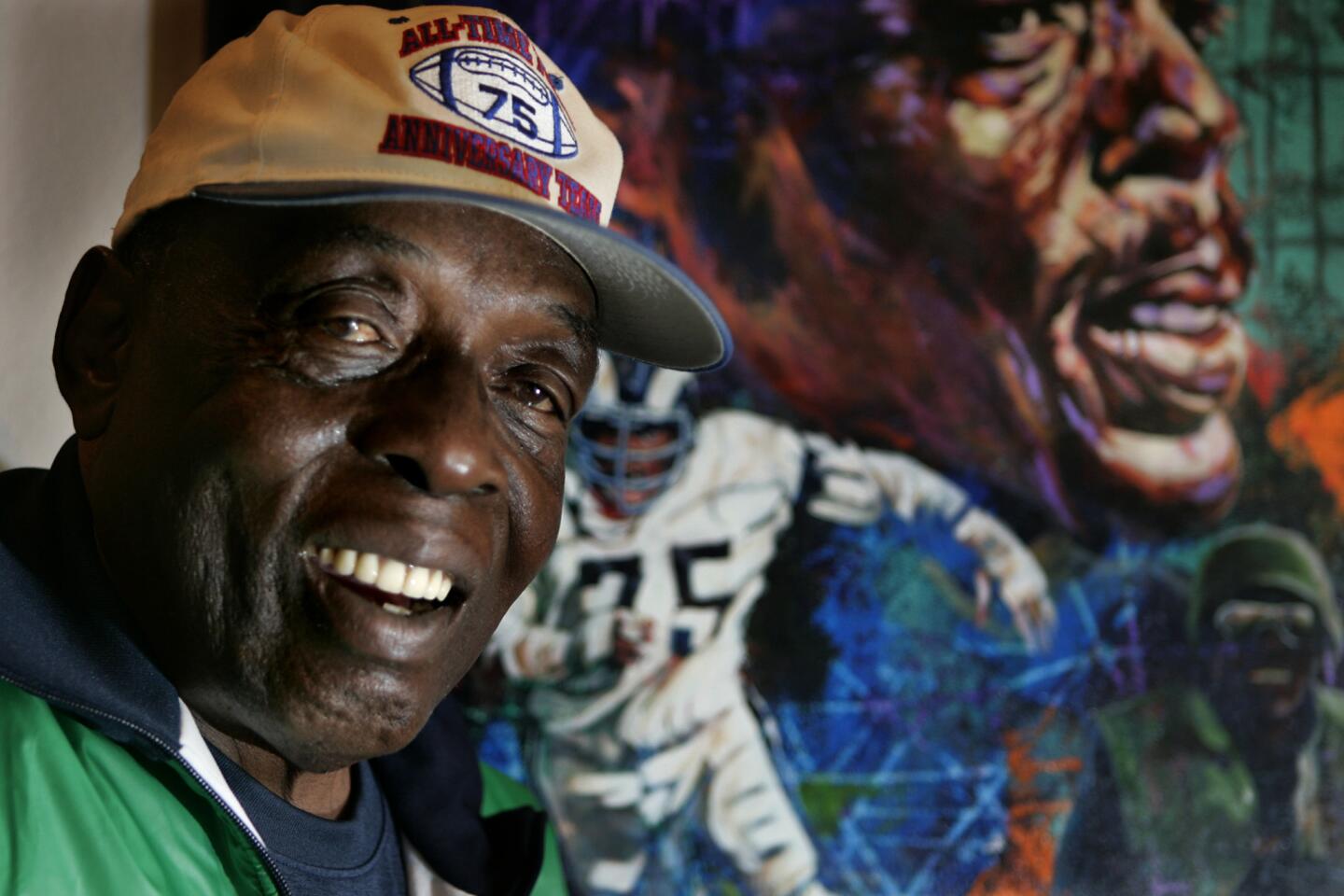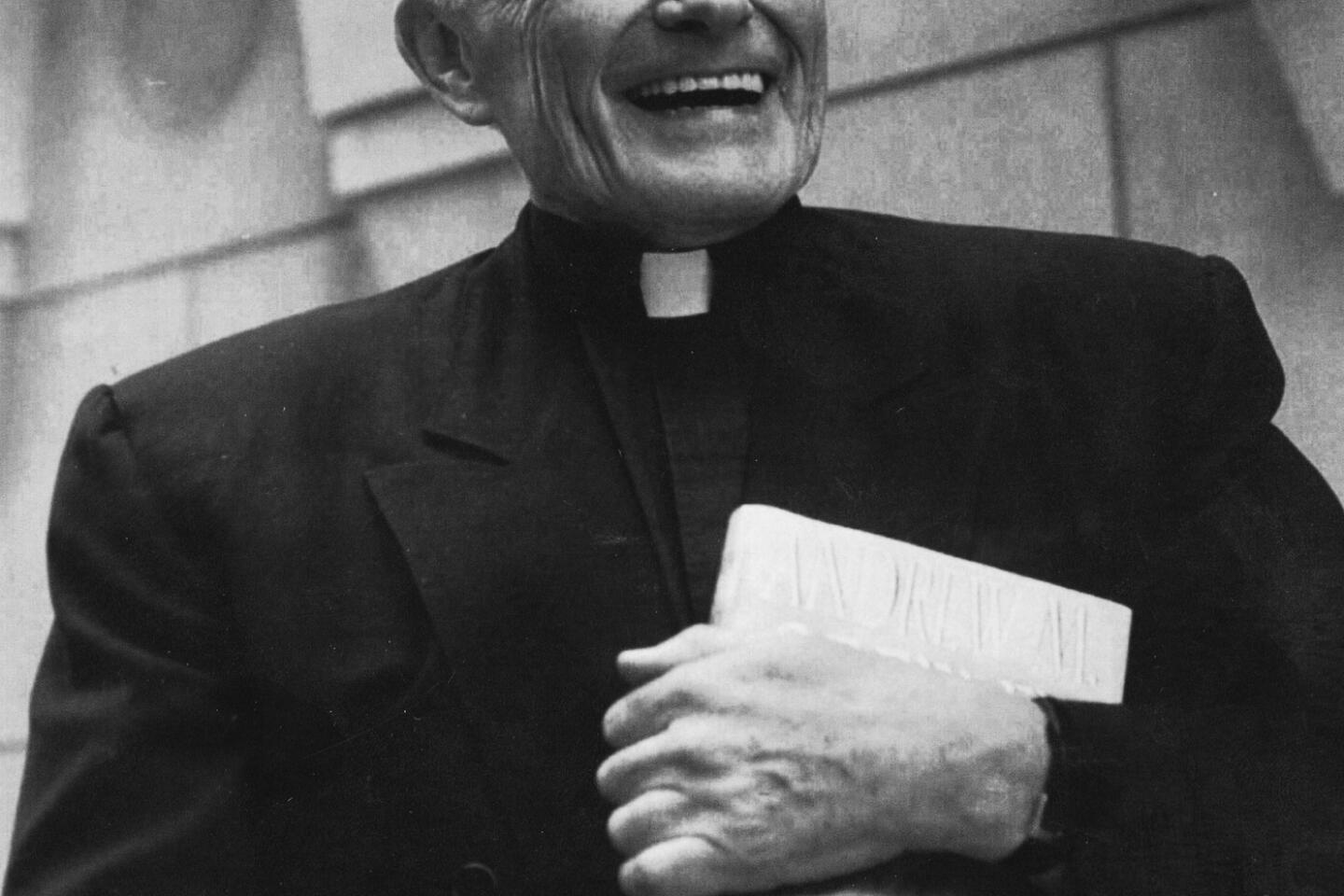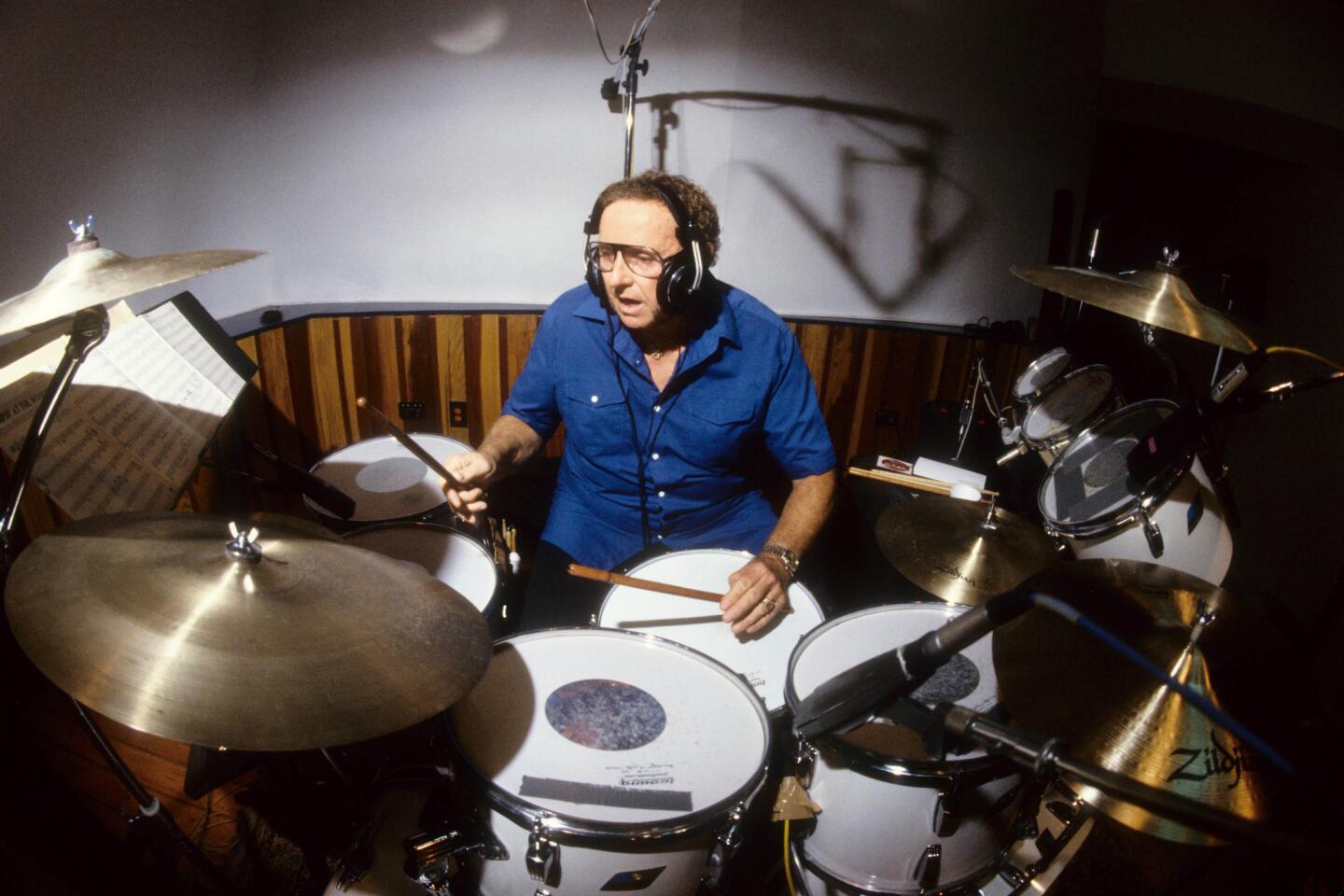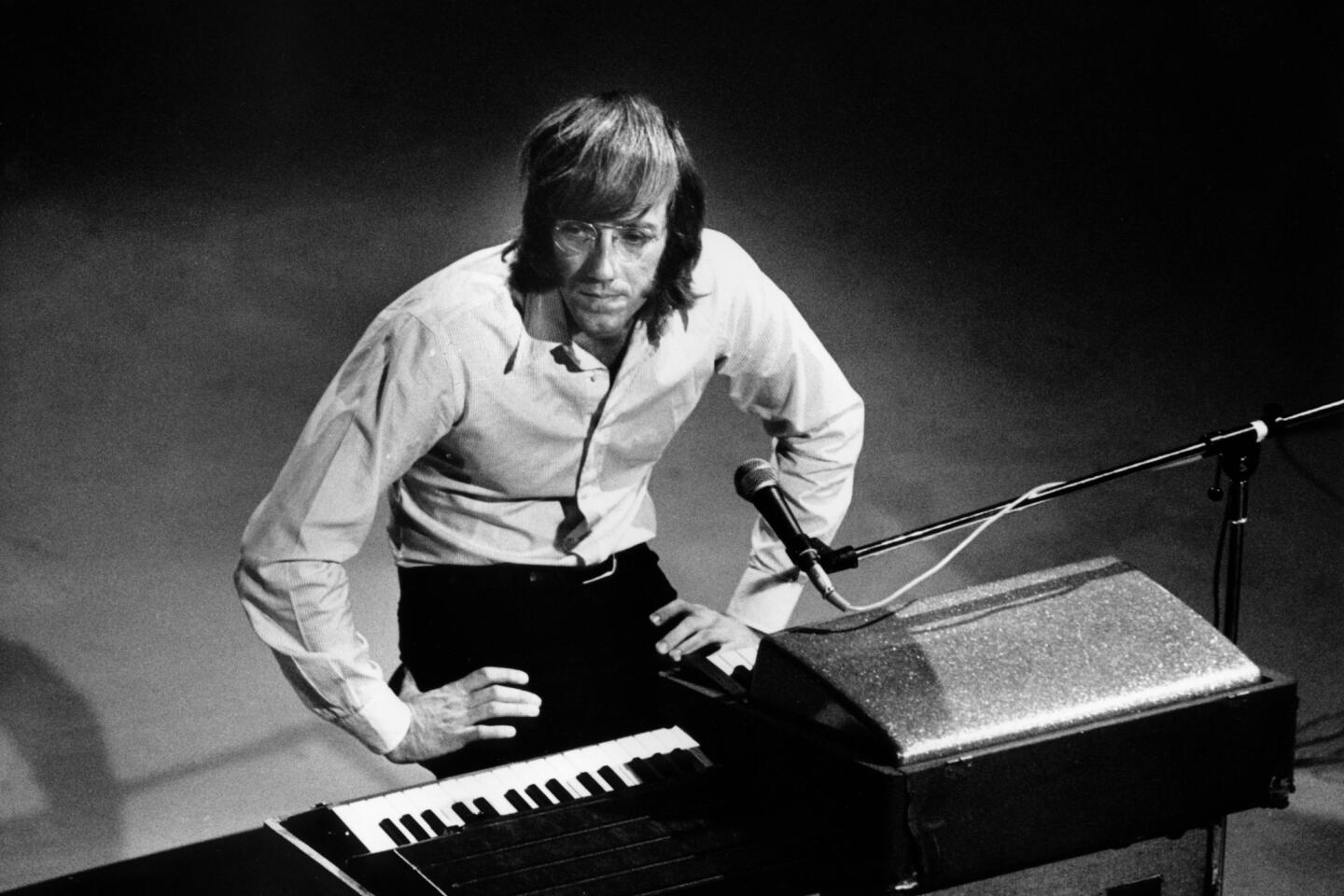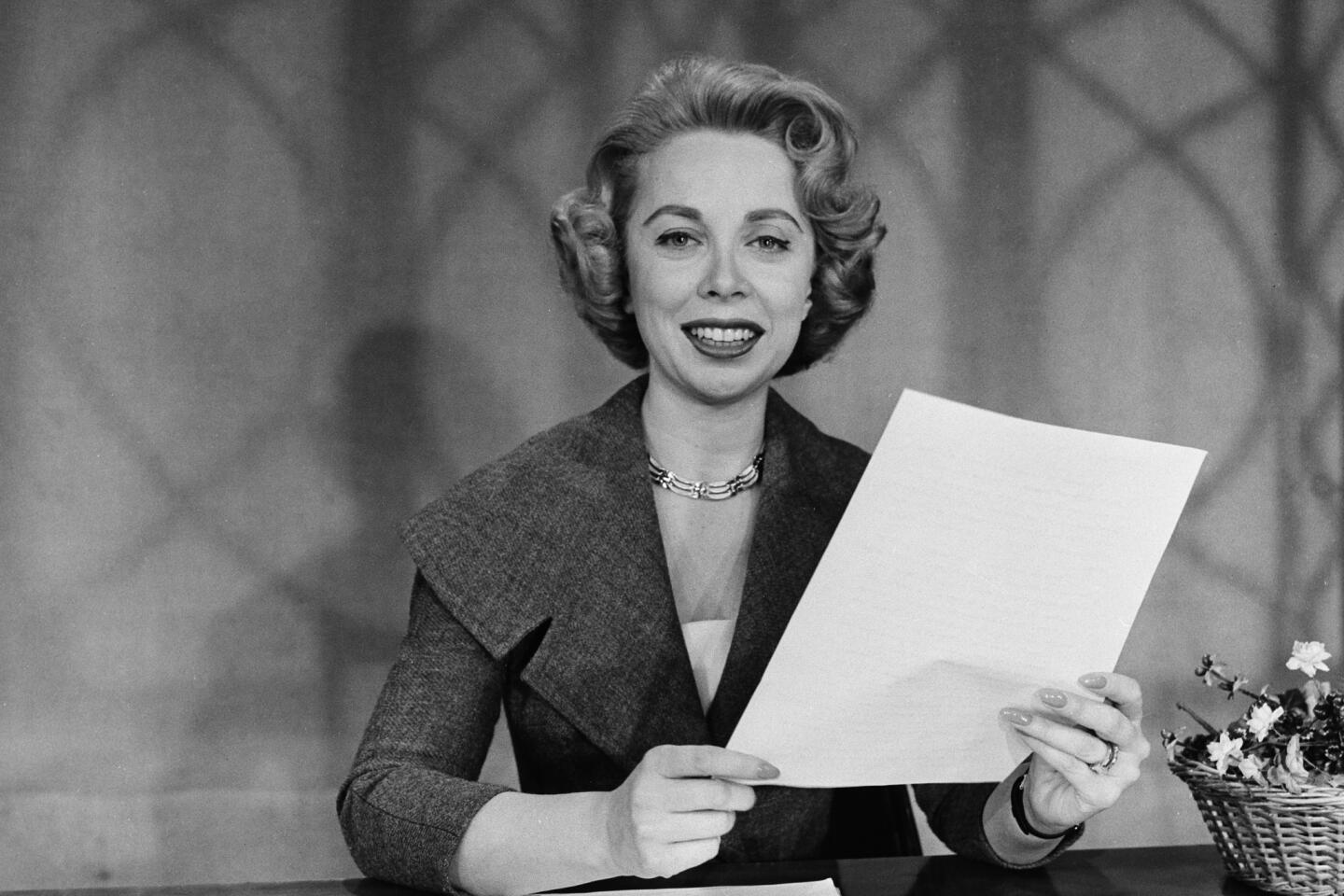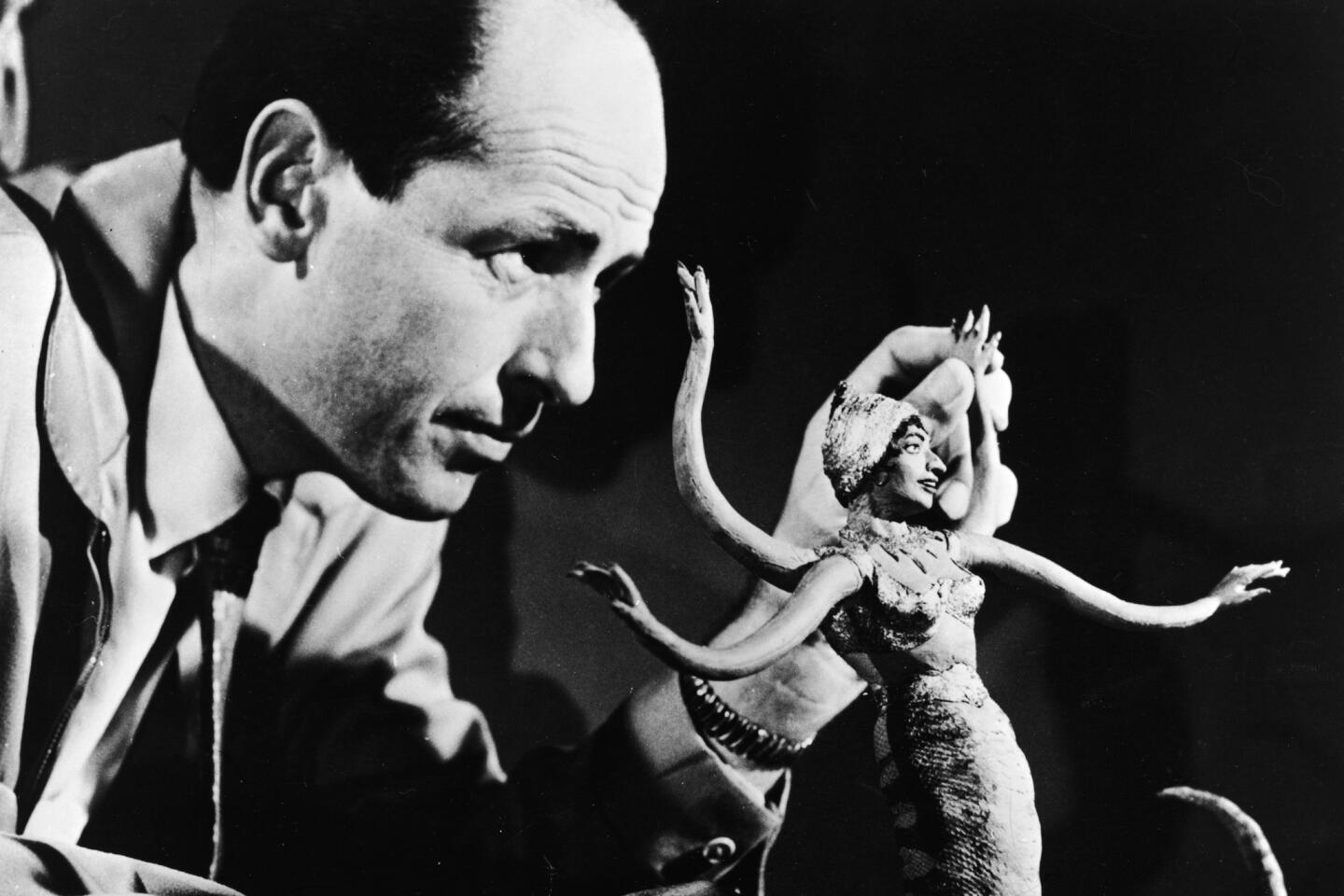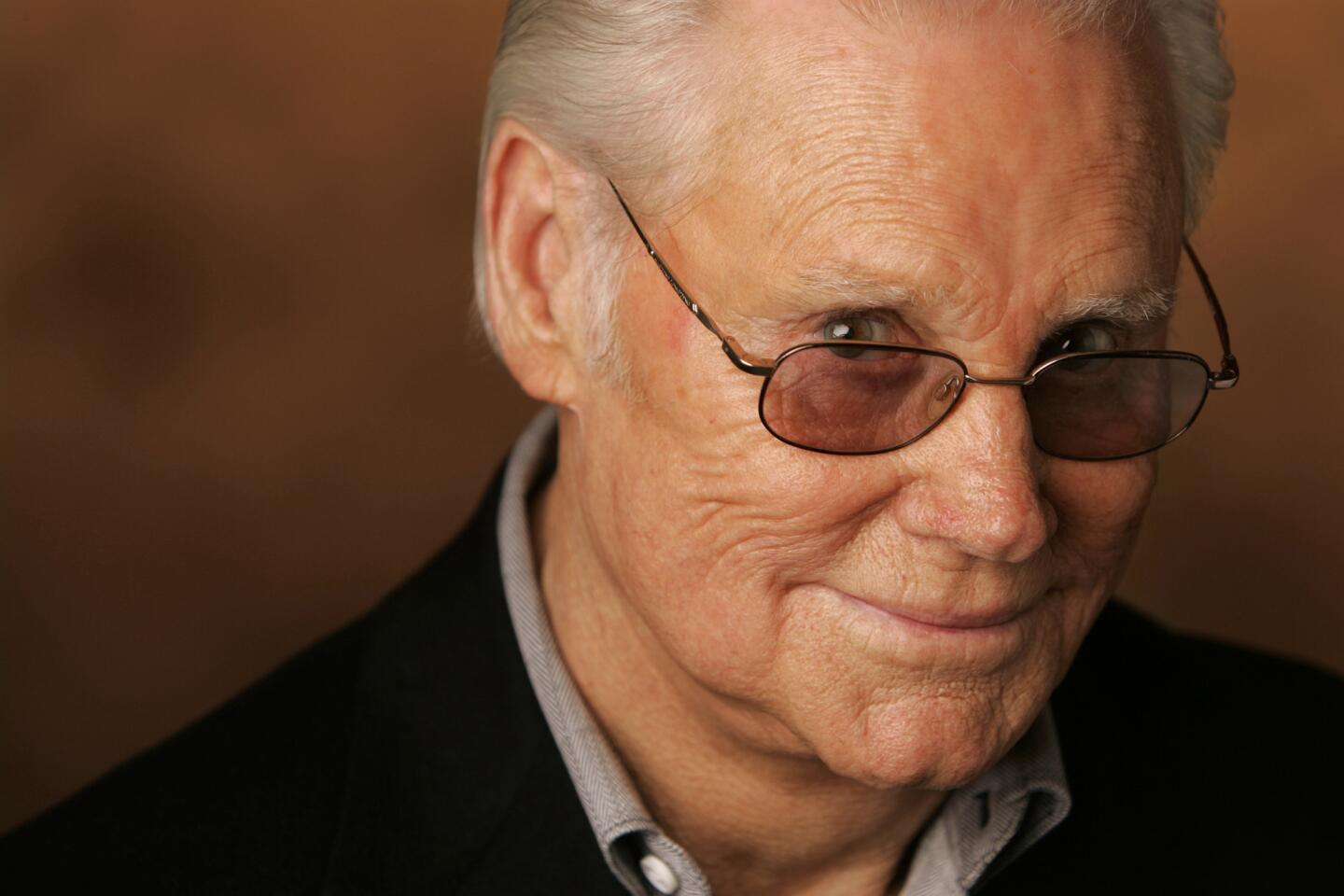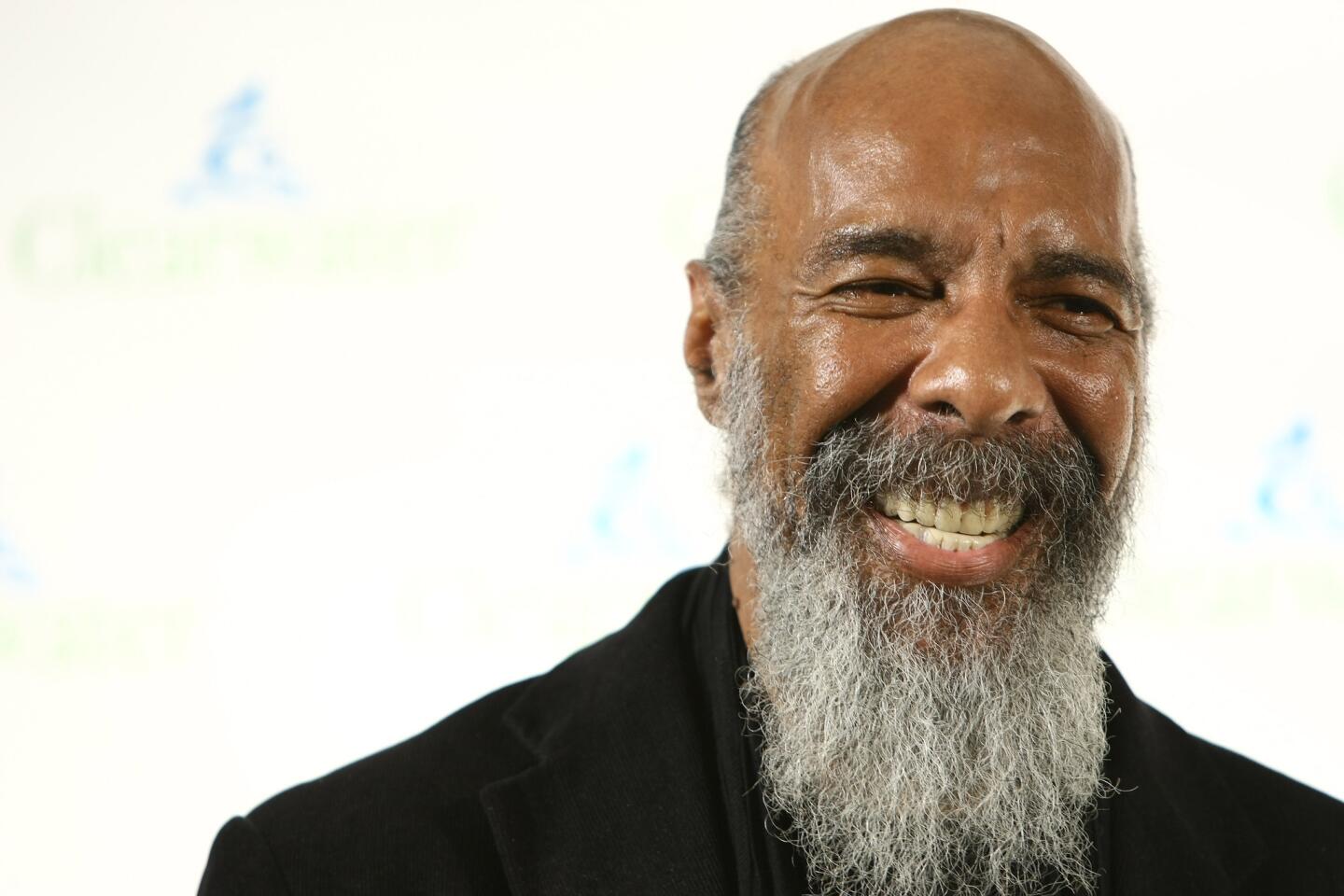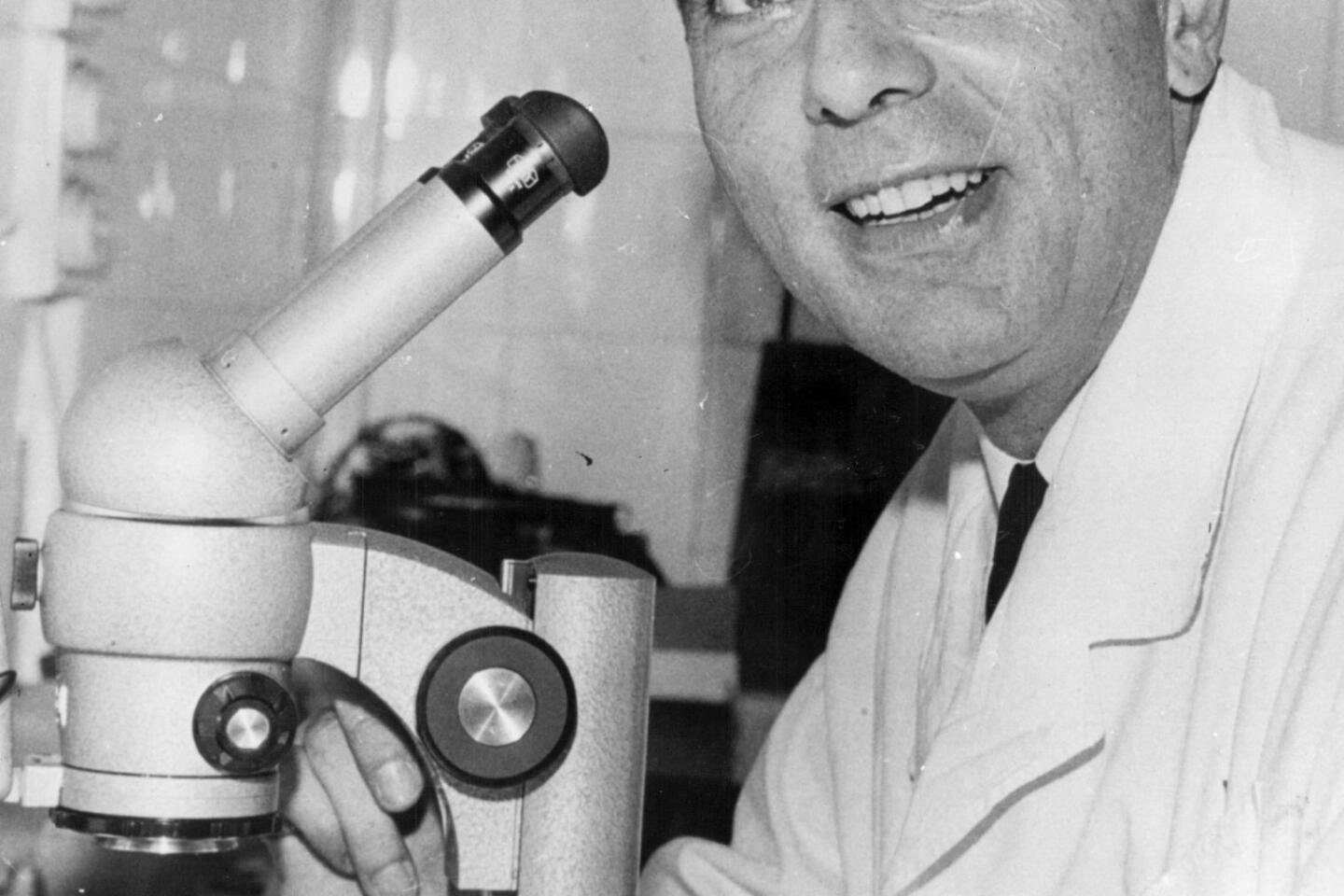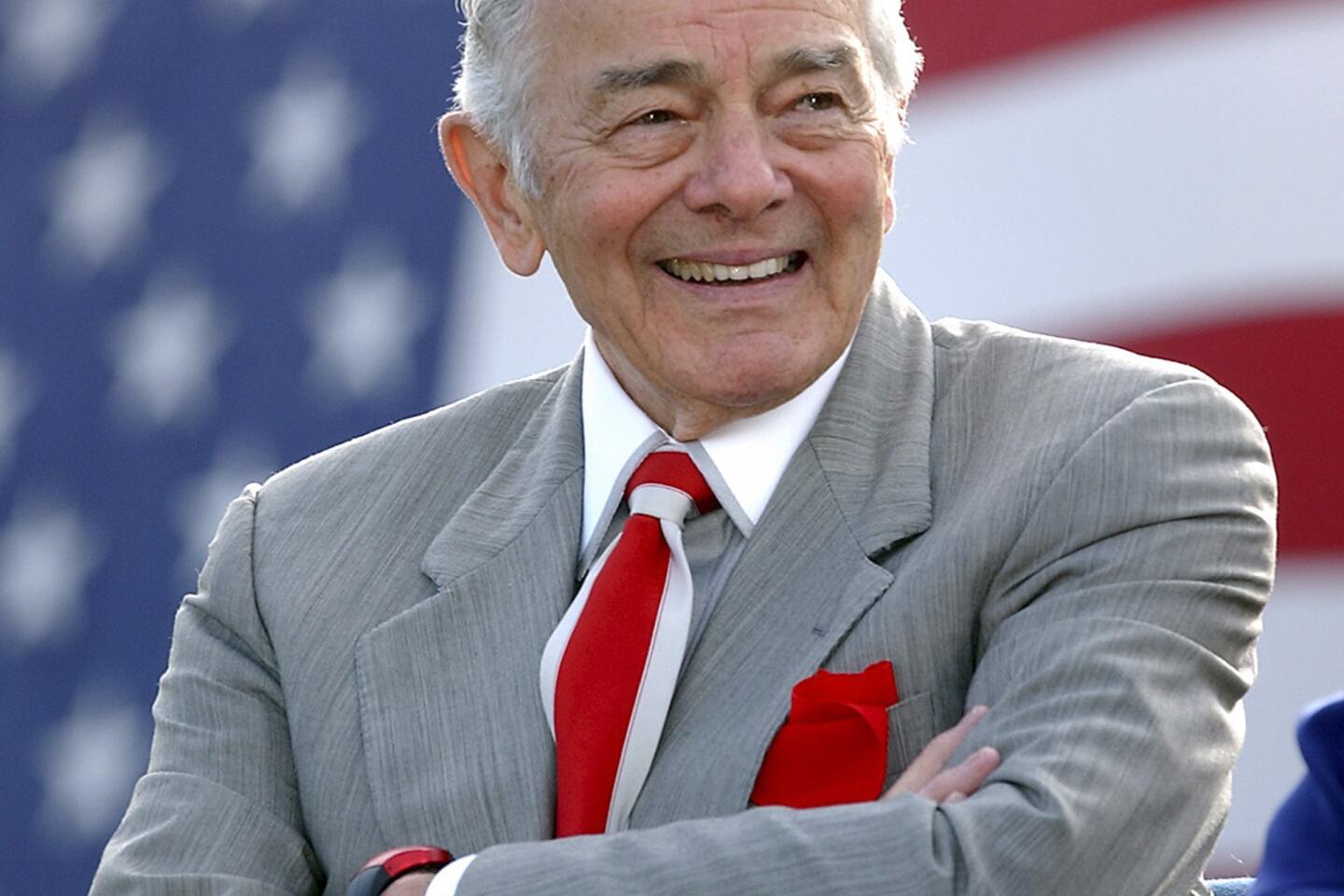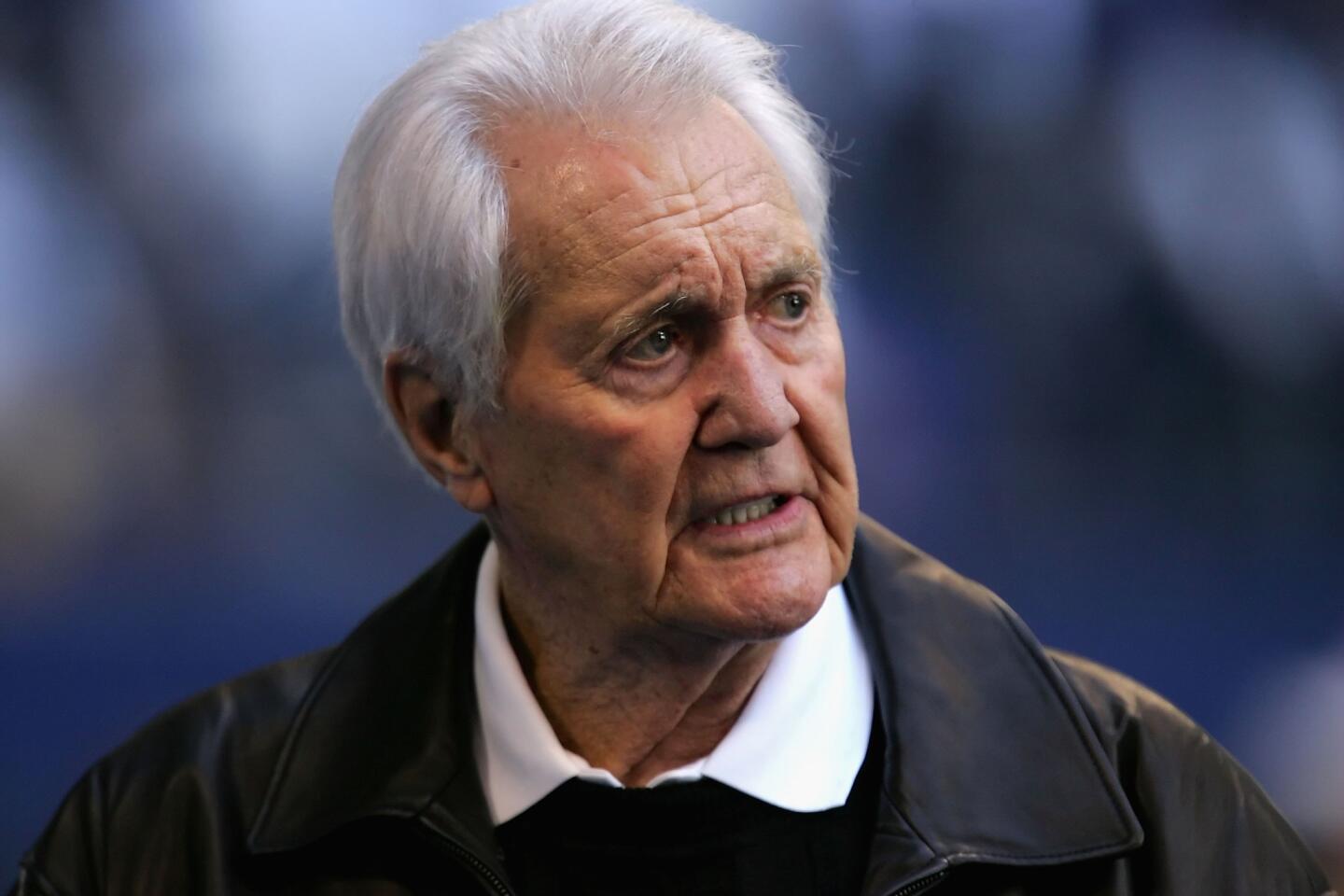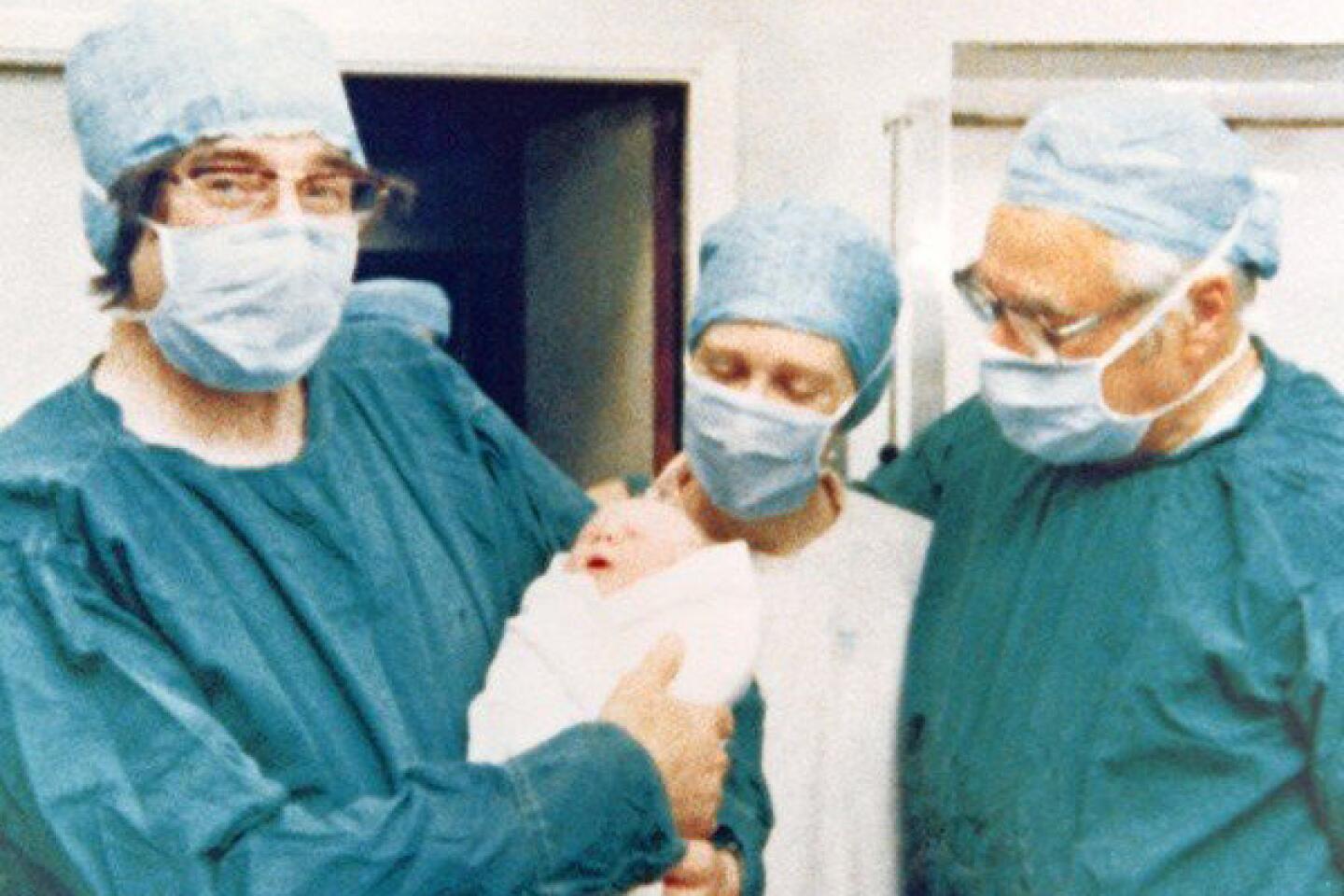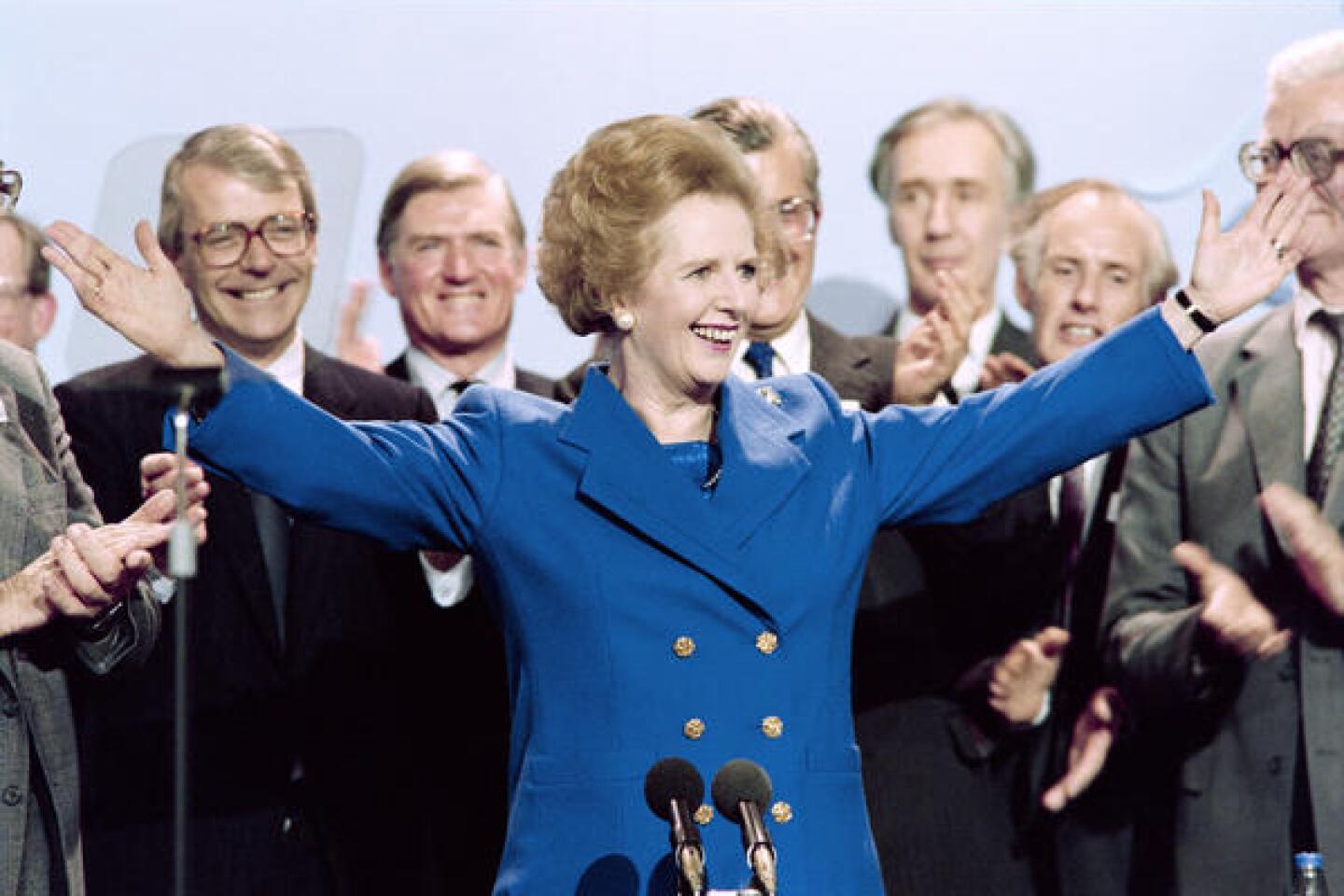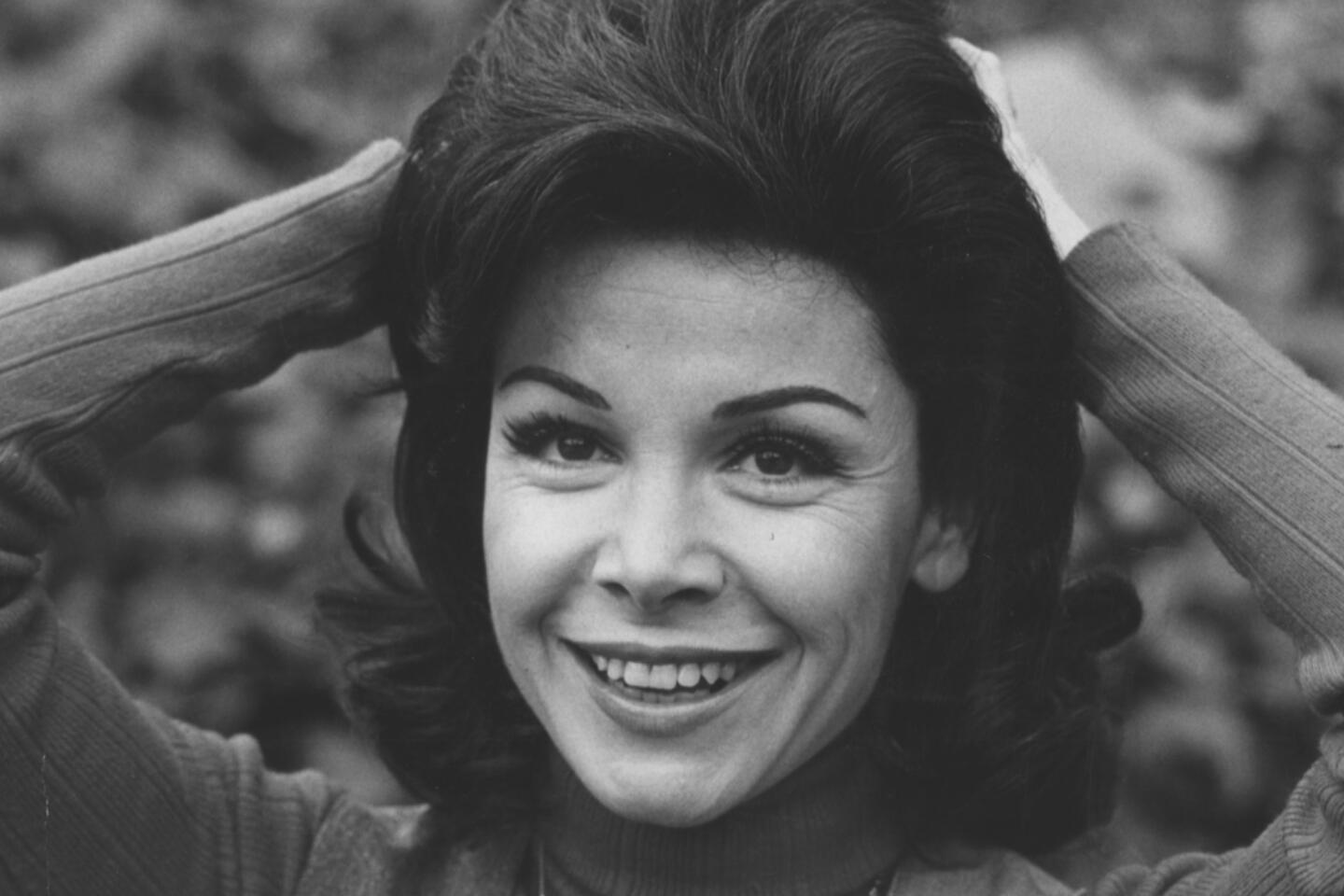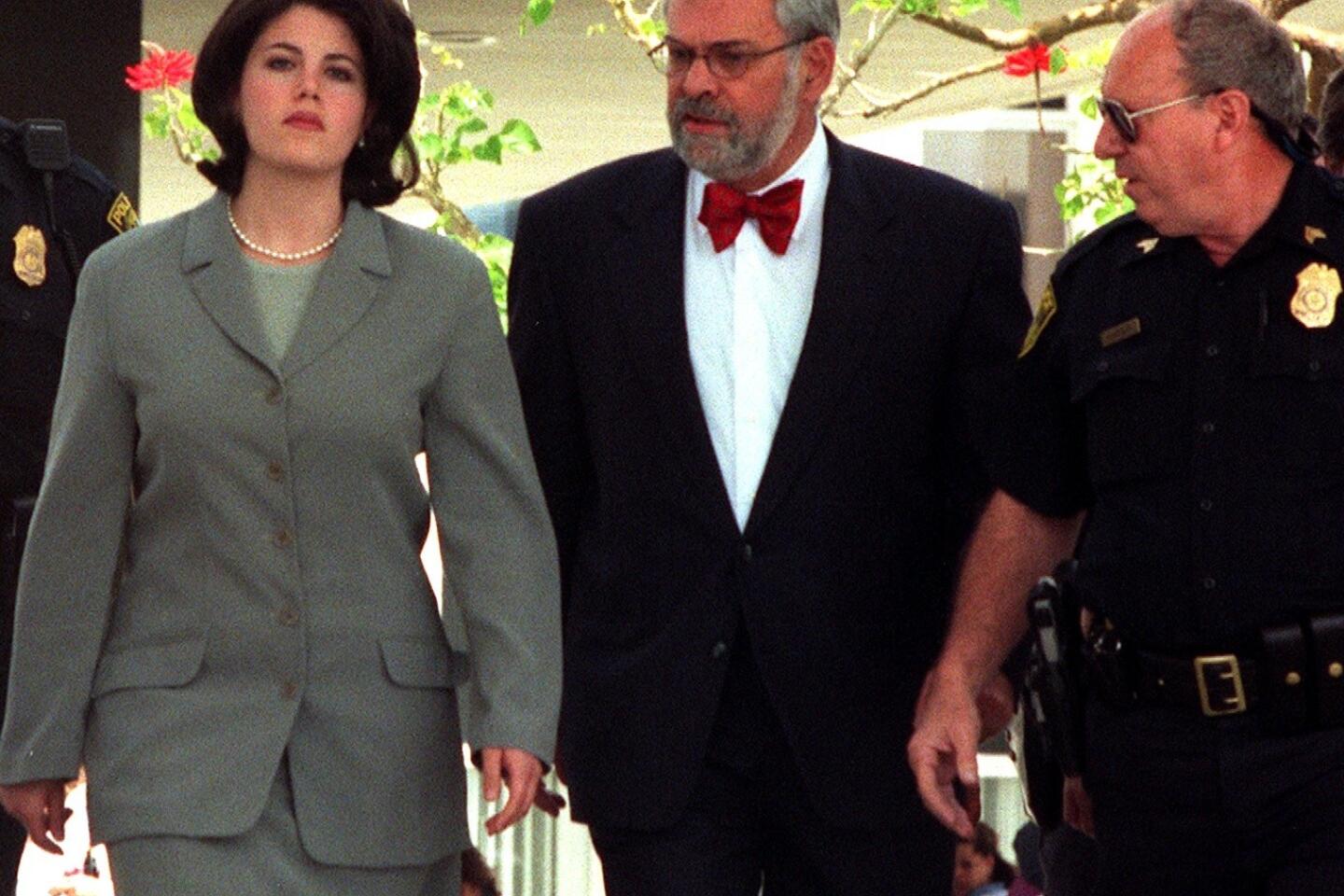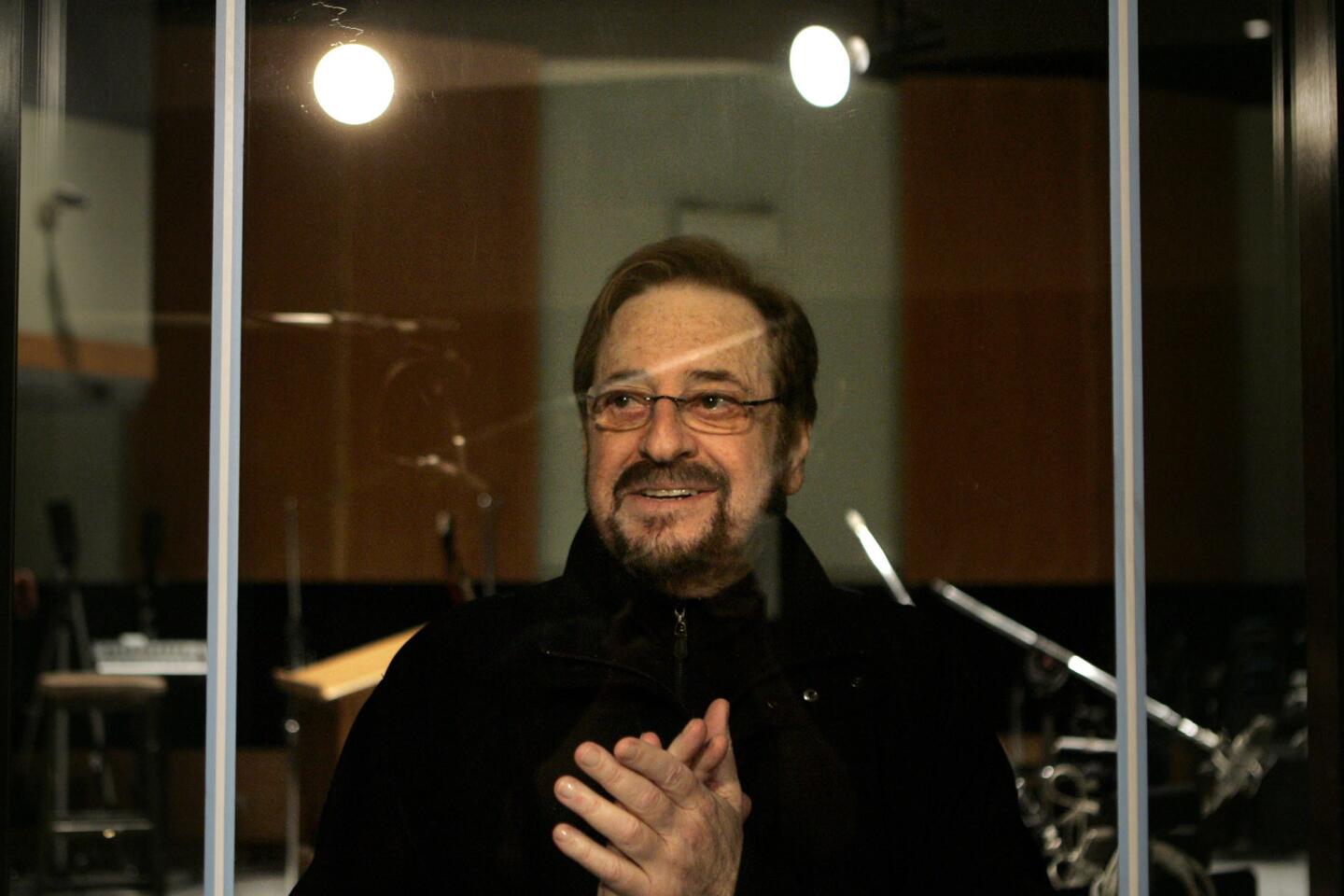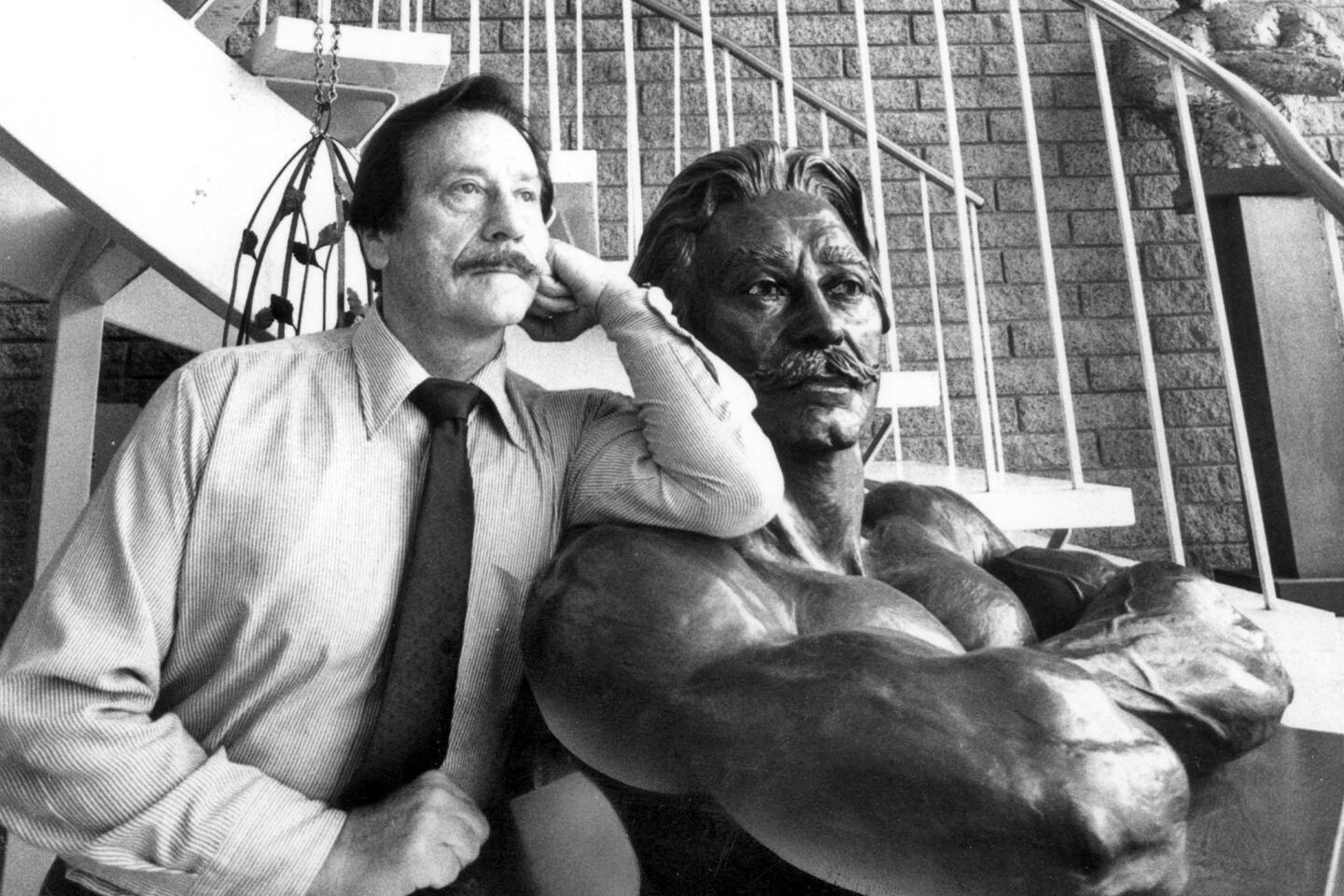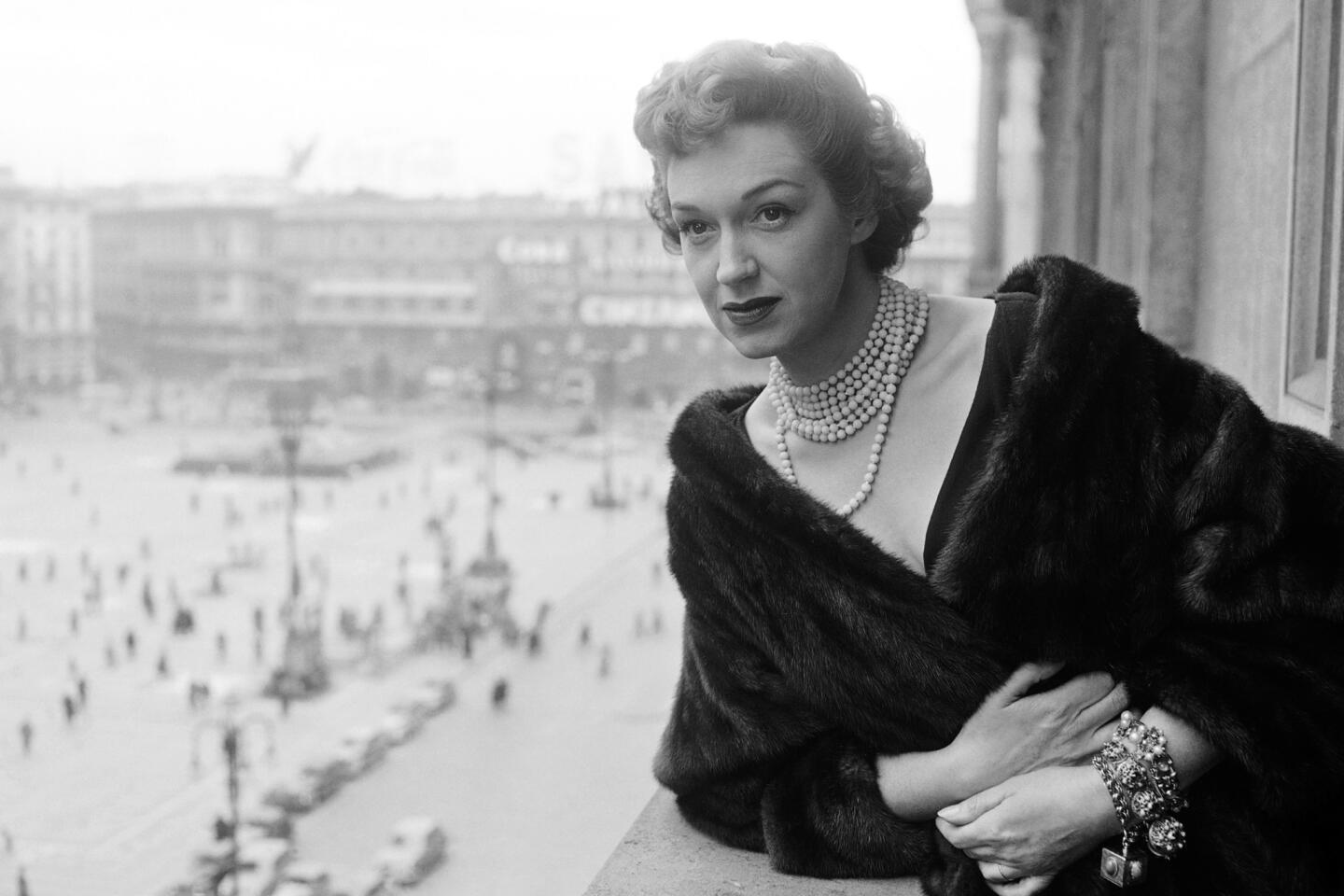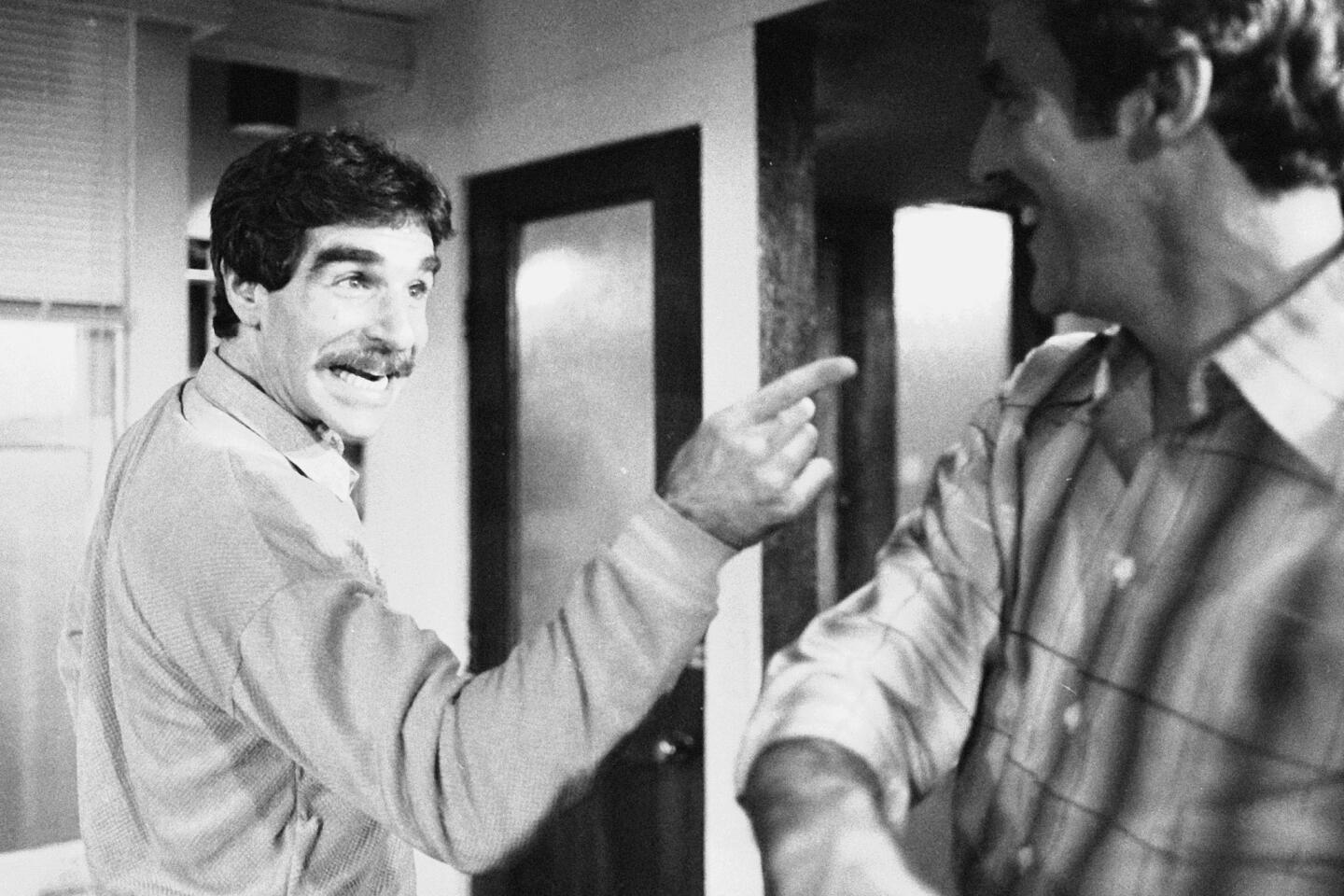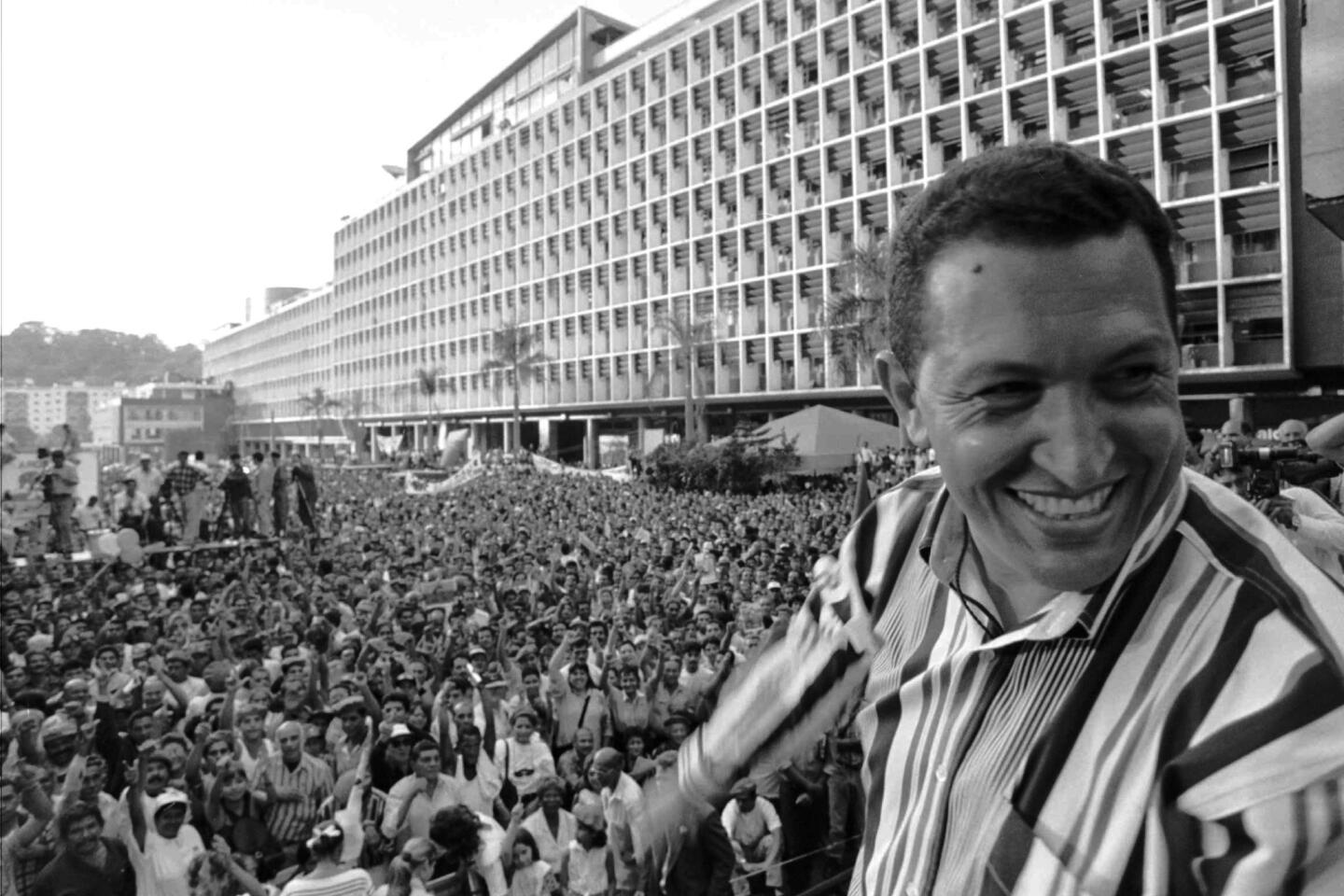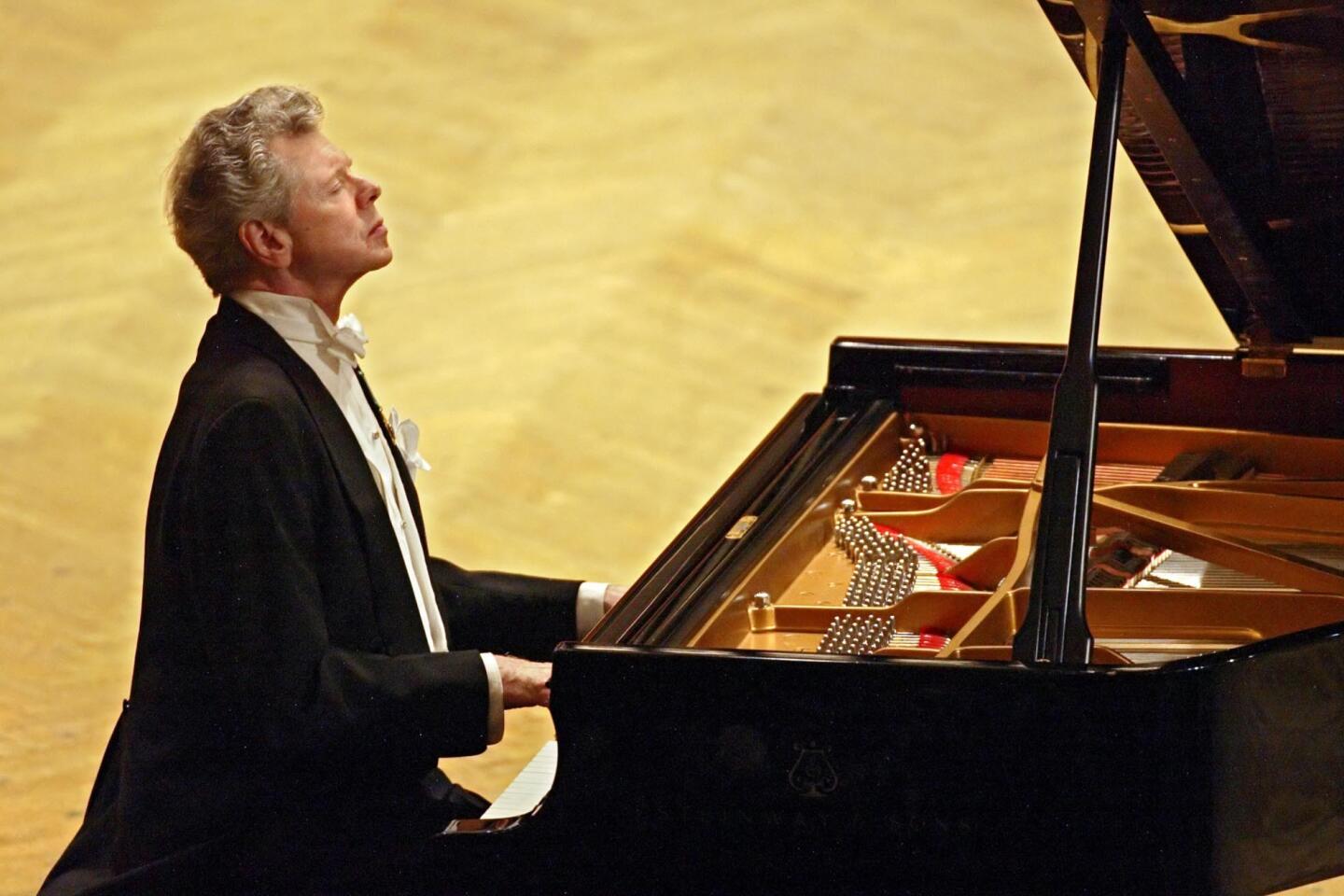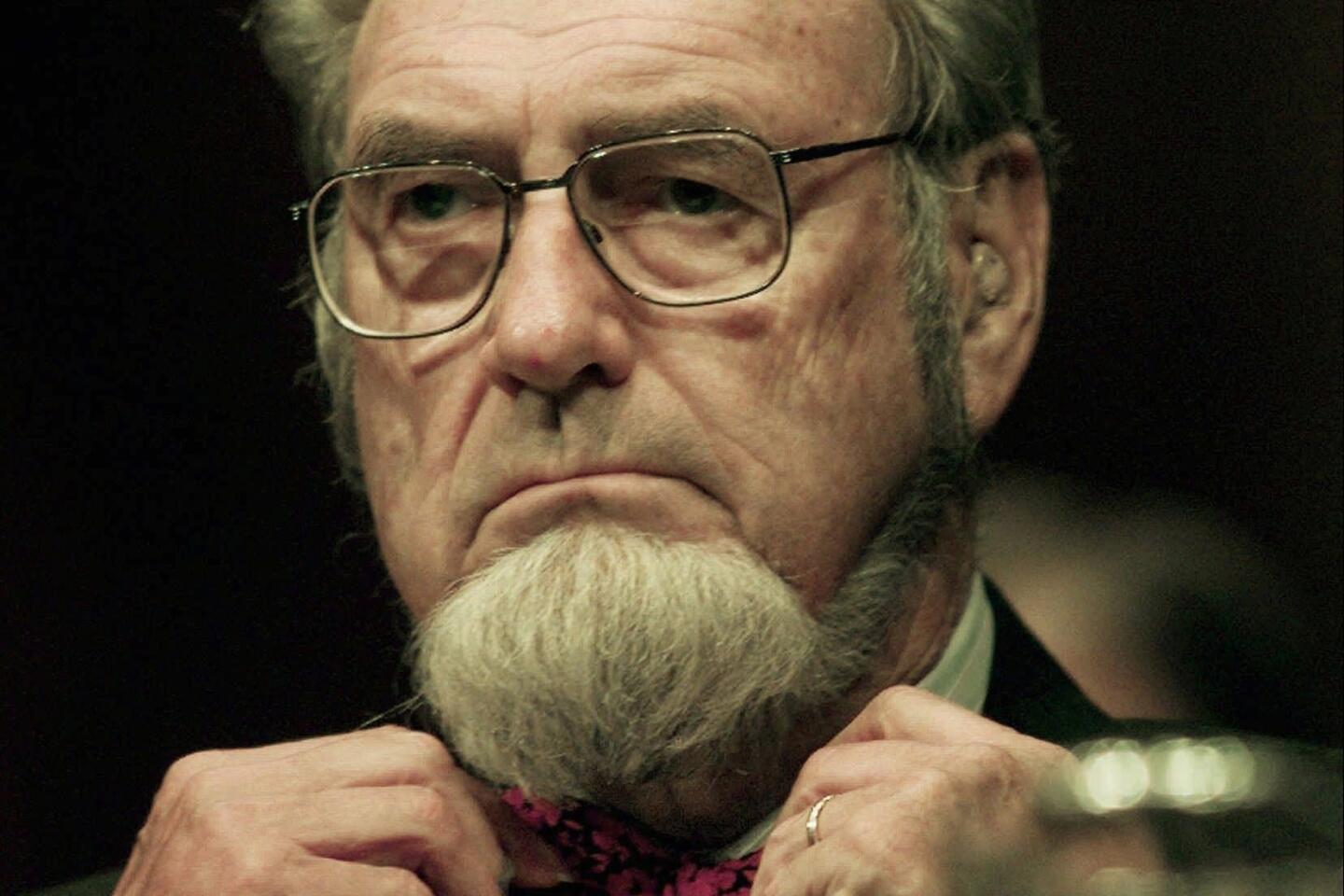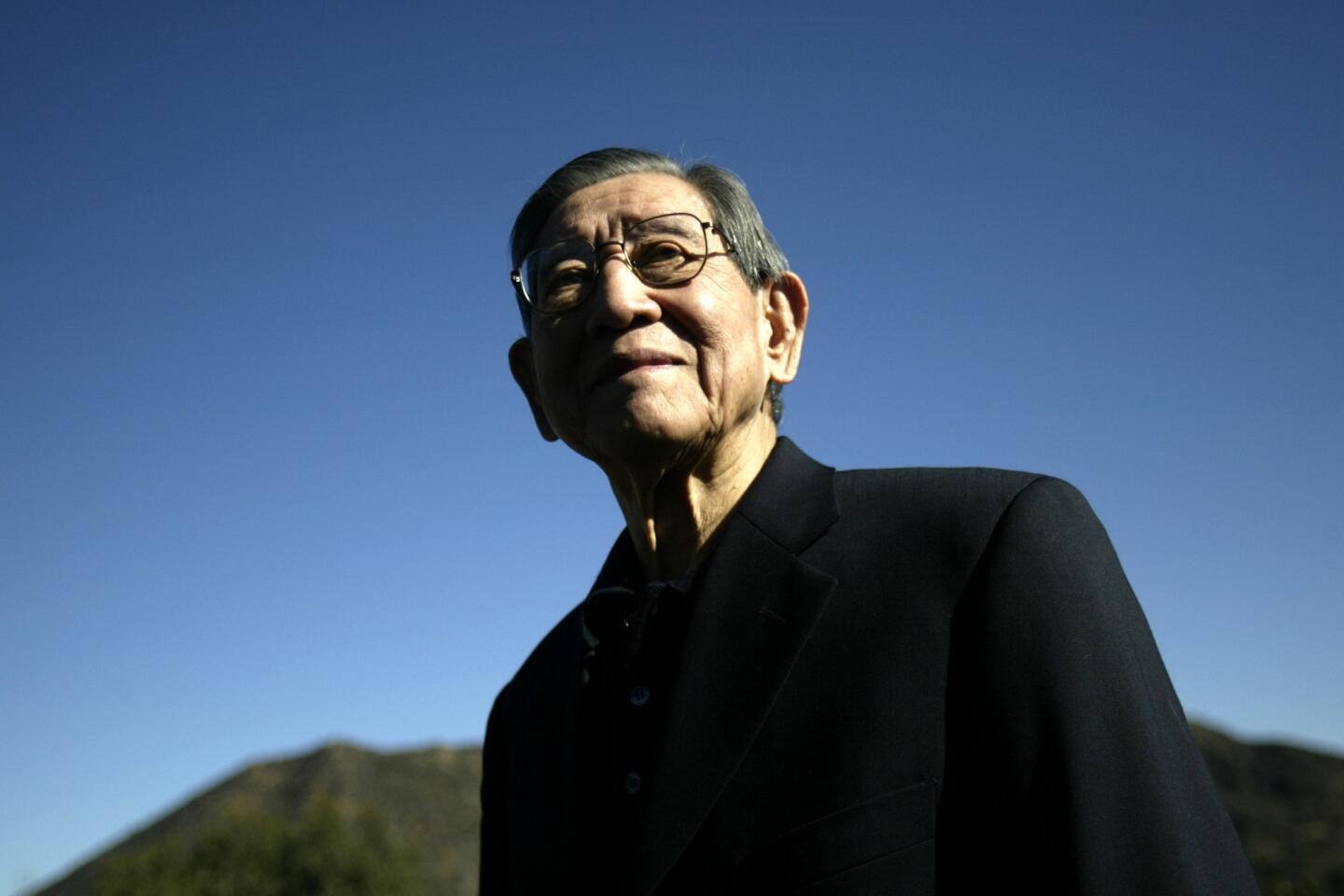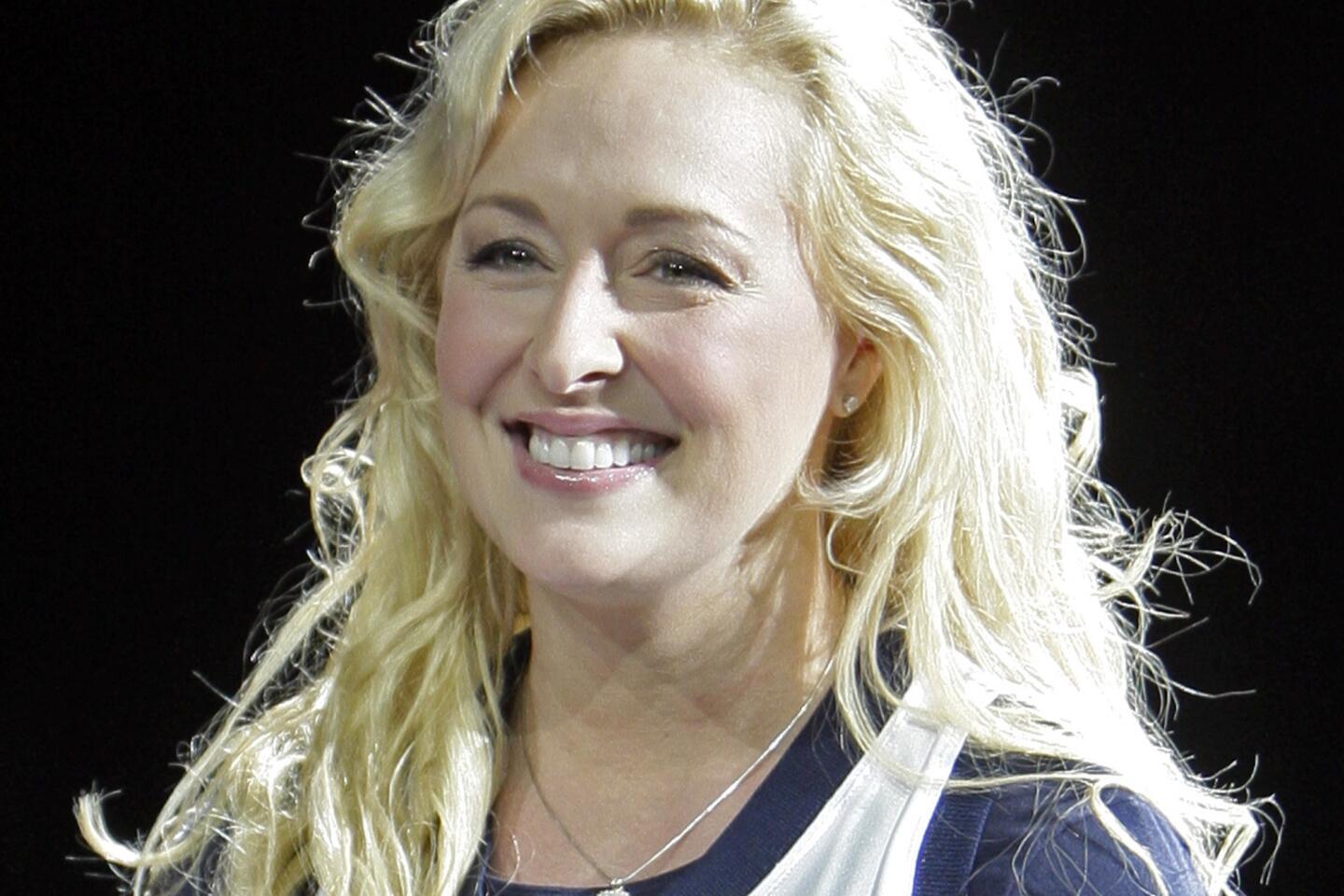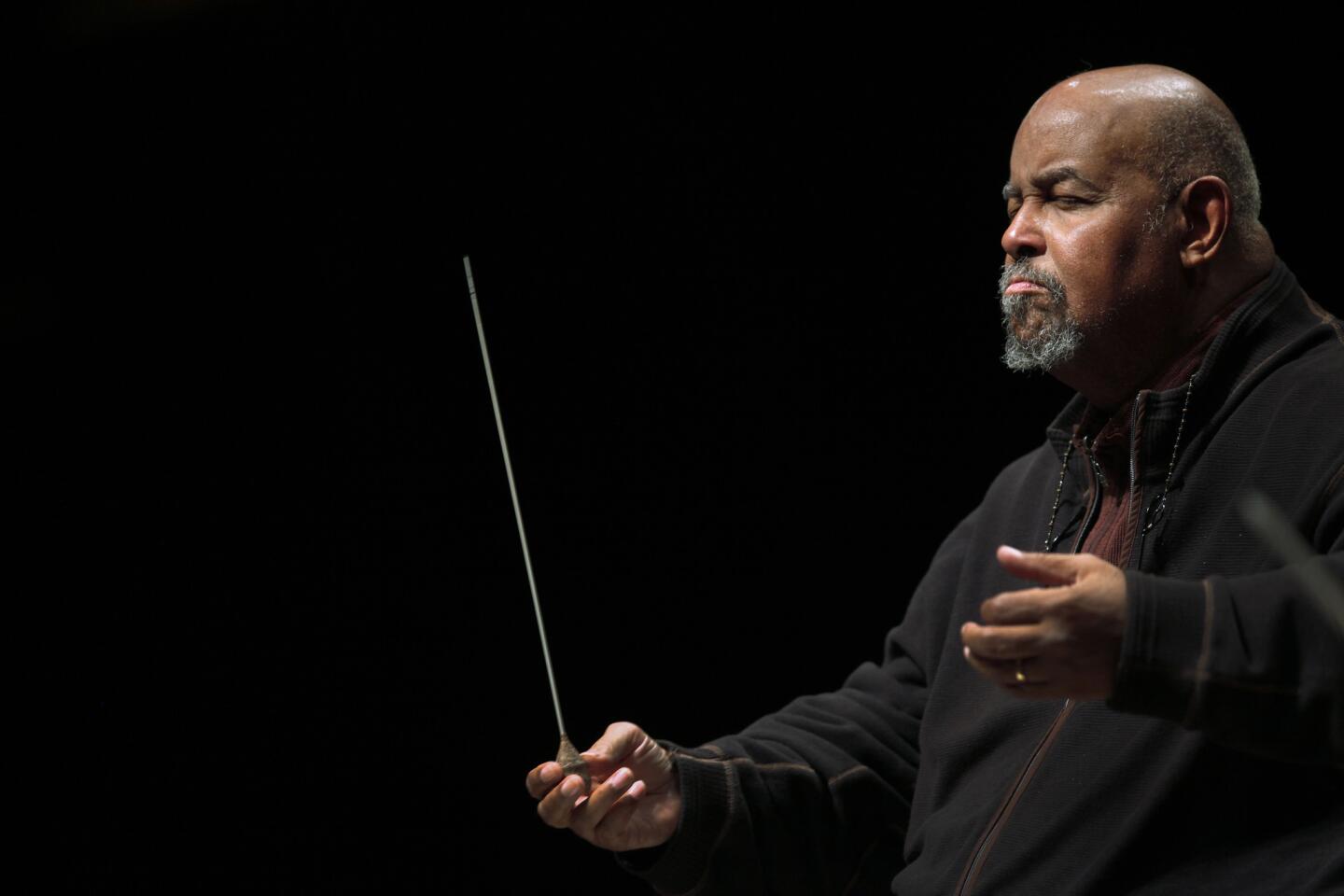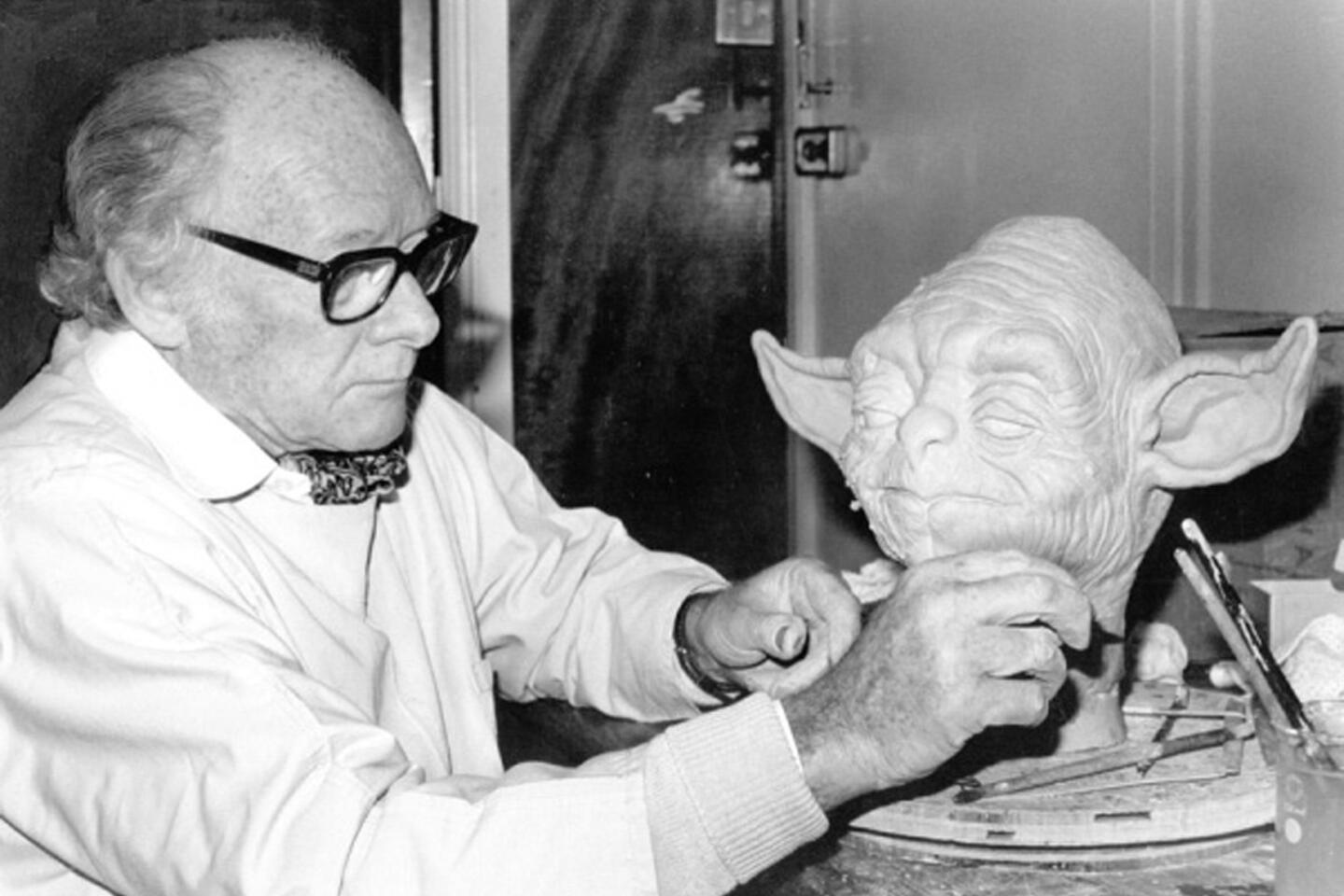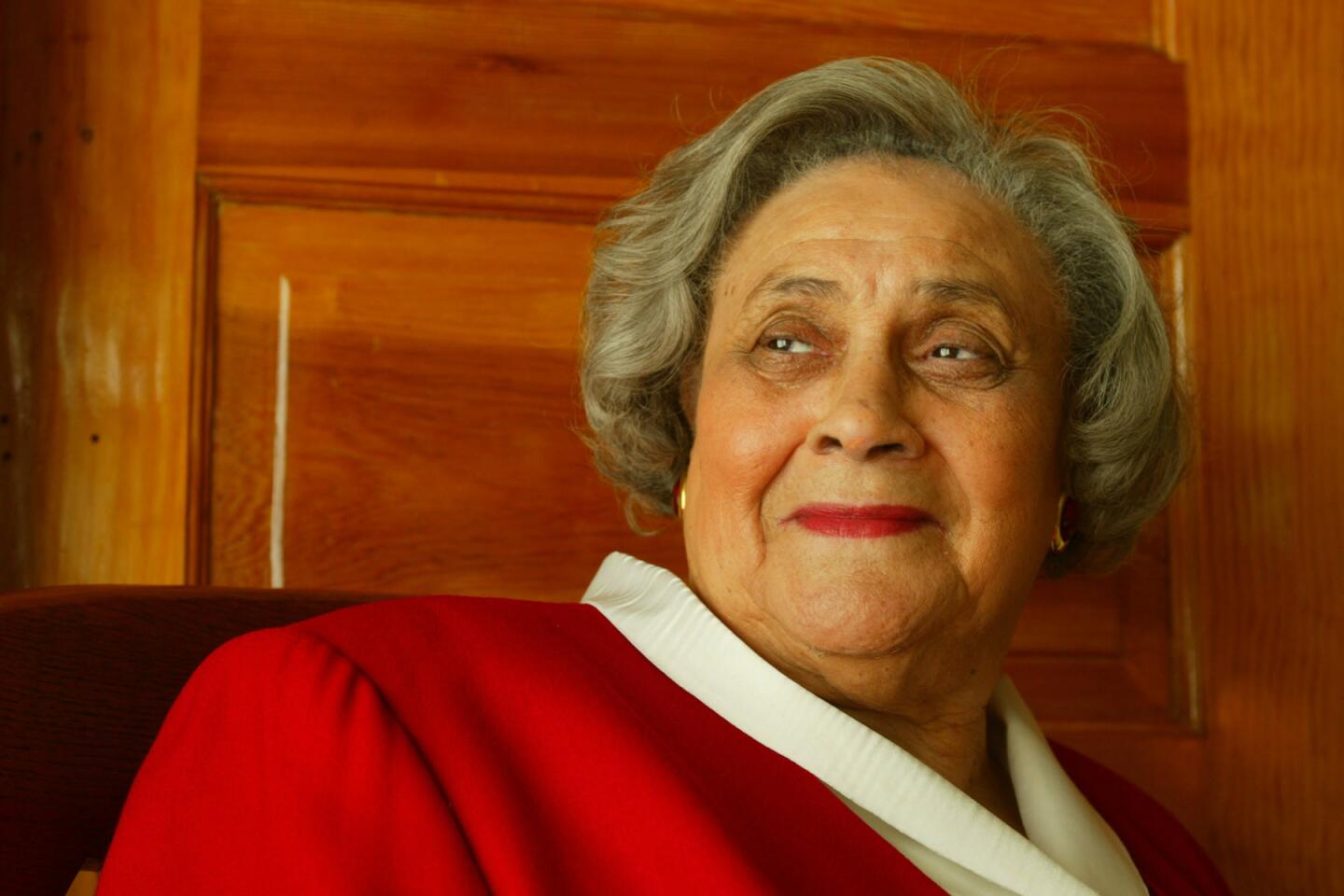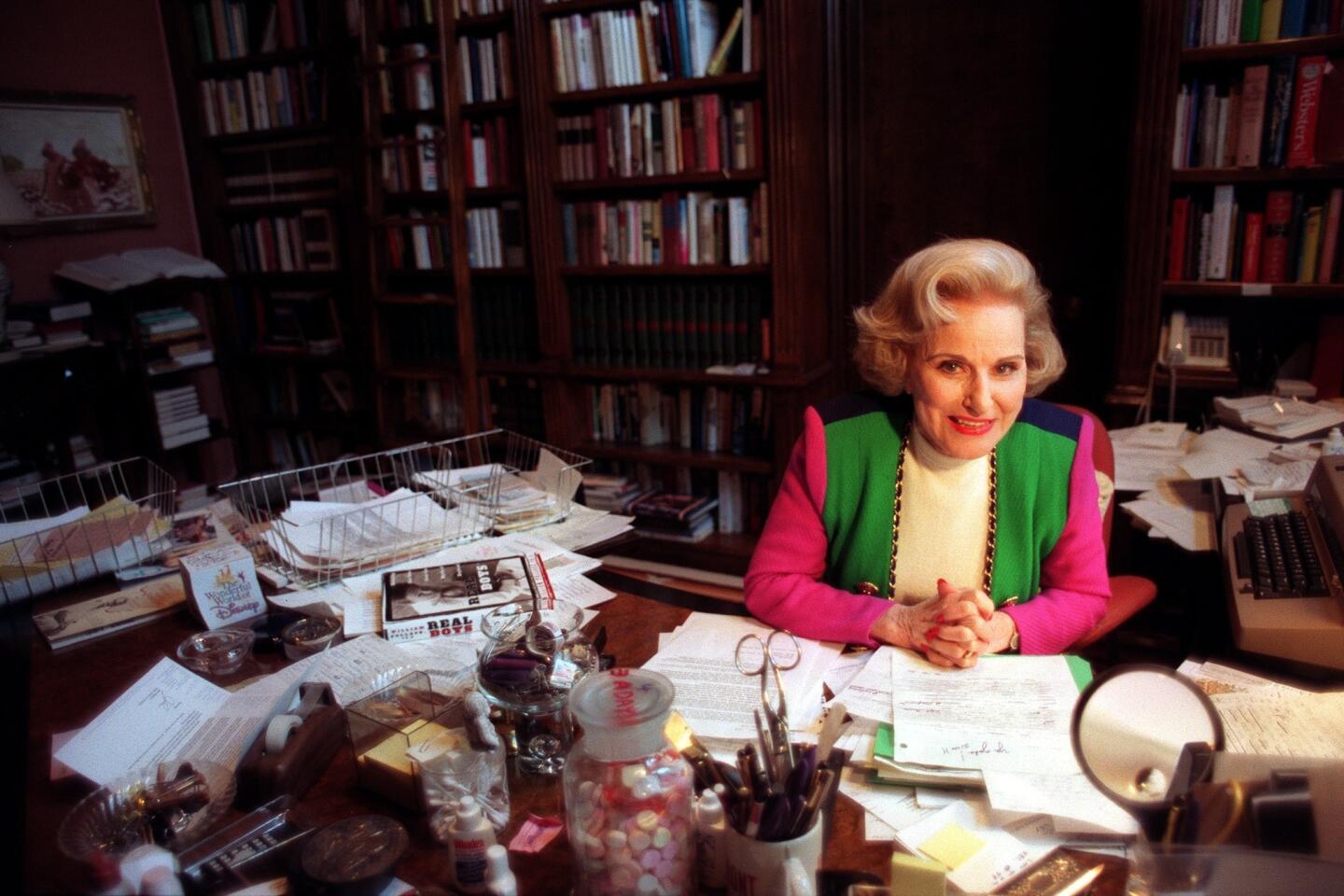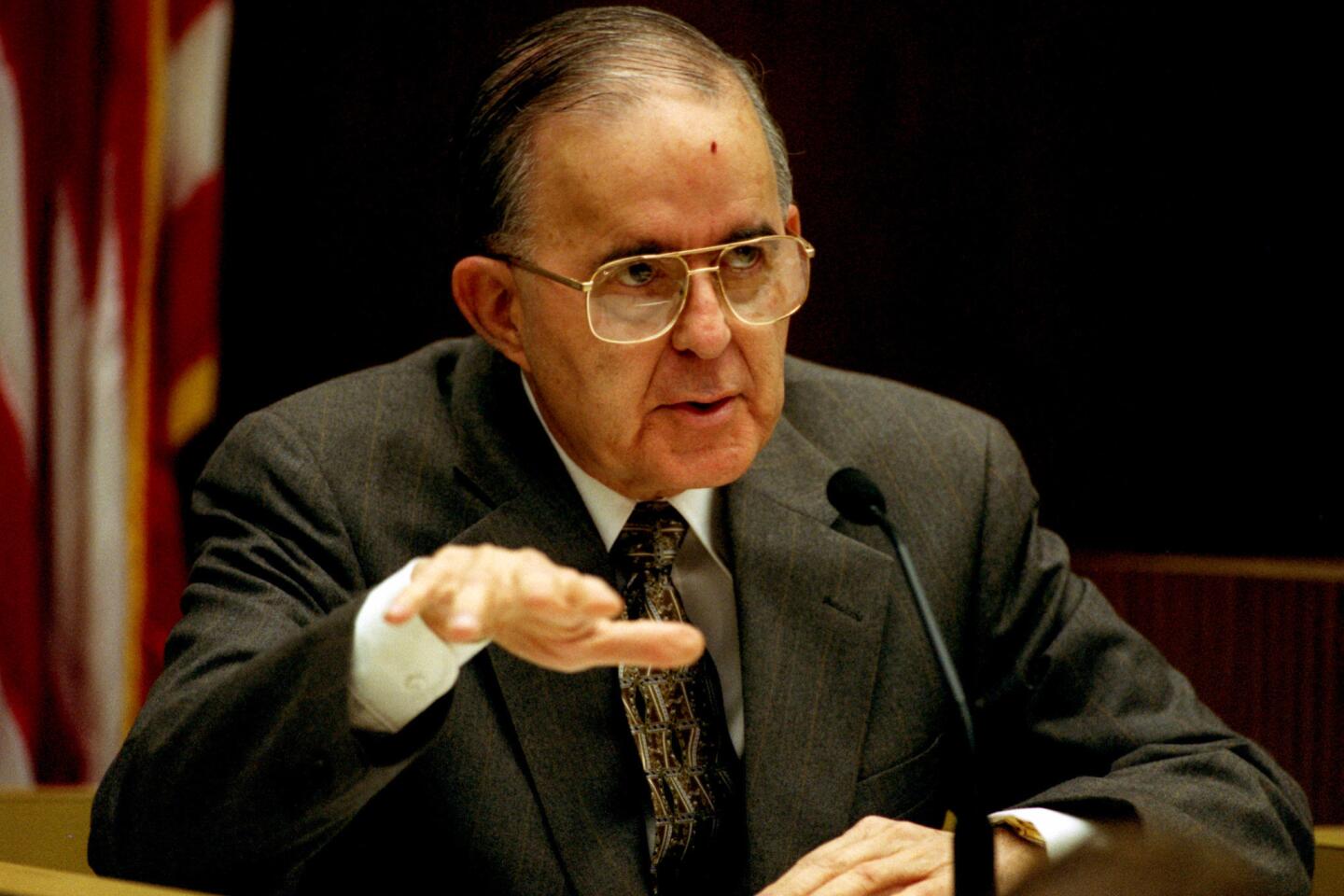Jorge Rafael Videla dies at 87; Argentine dictator
- Share via
BUENOS AIRES — Former Argentine dictator Jorge Rafael Videla, who presided over that country’s so-called dirty war in which up to 30,000 dissidents were murdered or disappeared, died Friday while serving a 50-year prison sentence. He was 87.
He died of natural causes at Marcos Paz prison in Buenos Aires state, according to official announcements.
Videla led a rebel military group that in 1976 overthrew president Isabel Peron and then installed a reign of terror lasting seven years in which thousands of leftist politicians and activists were taken from their homes and workplaces, often in the dead of night, tortured and killed.
PHOTOS: Notable deaths of 2013
The military junta that Videla led as president until 1981 was finally toppled in 1983 after public dissatisfaction grew as a result of economic instability and the country’s loss of the Falklands War with Britain costing hundreds of lives.
Military reaction to leftist insurgencies and poor economies led to dictatorships not only in Argentina but also Chile, Brazil, Uruguay and Peru in the 1970s. Argentina and other countries are still coming to grips with atrocities committed during that period: Argentina, for example, is still trying to account for seizing 400 to 500 infants and babies taken from imprisoned women who were killed after giving birth.
An unrepentant Videla issued a harangue in March urging his former military colleagues to confront leftist President Cristina Fernandez de Kirchner, whom he accused of using human rights issues as “an instrument of political pressure.”
A tall, mustachioed and blade-thin army general, Videla was serving his third prison term for his role in the coup and dictatorship.
In 1985, two years after the return of democracy, Videla and his accomplices were sent to prison but then pardoned in 1990 by then-president Carlos Menem as part of a reconciliation gesture that included pardons for members of a leftist insurgent group, the Montoneros.
But in 1998, Videla was imprisoned again when it was determined that he and other military leaders had committed crimes against humanity that were not subject to pardons. At first he was allowed to serve out his sentence at home but in 2008 was sent to a common jail. Then in 2010 he was again freed when a judge found the sentence to be unconstitutional.
Videla was re-incarcerated last year when a federal judge condemned him to 50 years for “generalized and systematic baby theft,” for his role in the taking of hundreds of children from captive mothers during the 1976 to 1983 dictatorship.
Many of the children were turned over to military families to be raised and were never told who their real parents were. In recent years, DNA testing has helped many relatives of terror victims identify the offspring.
Videla was born Aug. 2, 1925, in Mercedes in Buenos Aires state and entered the national military academy in 1942. He rose through the ranks to serve in the presidential guard and then as director of the military academy. In 1975, Isabel Peron, successor and widow of the late Gen. Juan Peron, named him army commander in chief.
PHOTOS: Notable deaths of 2013
In March 1976, Videla along with Navy Admiral Emilio Eduardo Massera and Army Gen. Orlando Ramon Agosti led military forces in overthrowing Peron amid political and economic chaos that was gripping the country. The junta shut down congress, prohibited political parties and suspended freedom of the press.
Nobel Peace Prize winner Adolfo Perez Esquivel, who was held prisoner by the junta for more than two years, said in a statement Friday that there was no joy in the death of Videla. “He was a man who went through life causing a lot of damage and betraying the values of an entire country,” Esquivel said.
Special correspondents D’Alessandro reported from Buenos Aires and Kraul from Bogota, Colombia.
More to Read
Sign up for Essential California
The most important California stories and recommendations in your inbox every morning.
You may occasionally receive promotional content from the Los Angeles Times.
